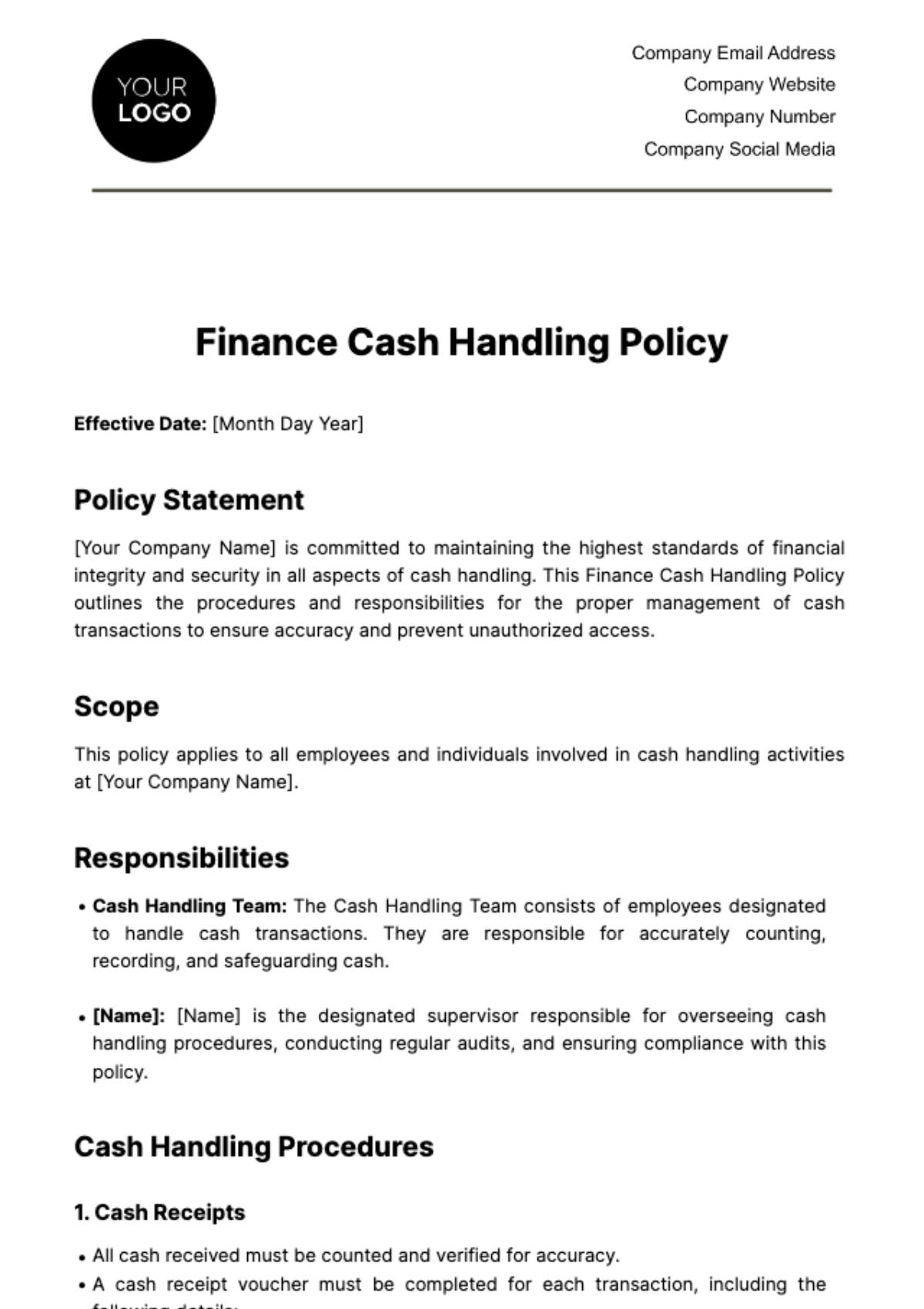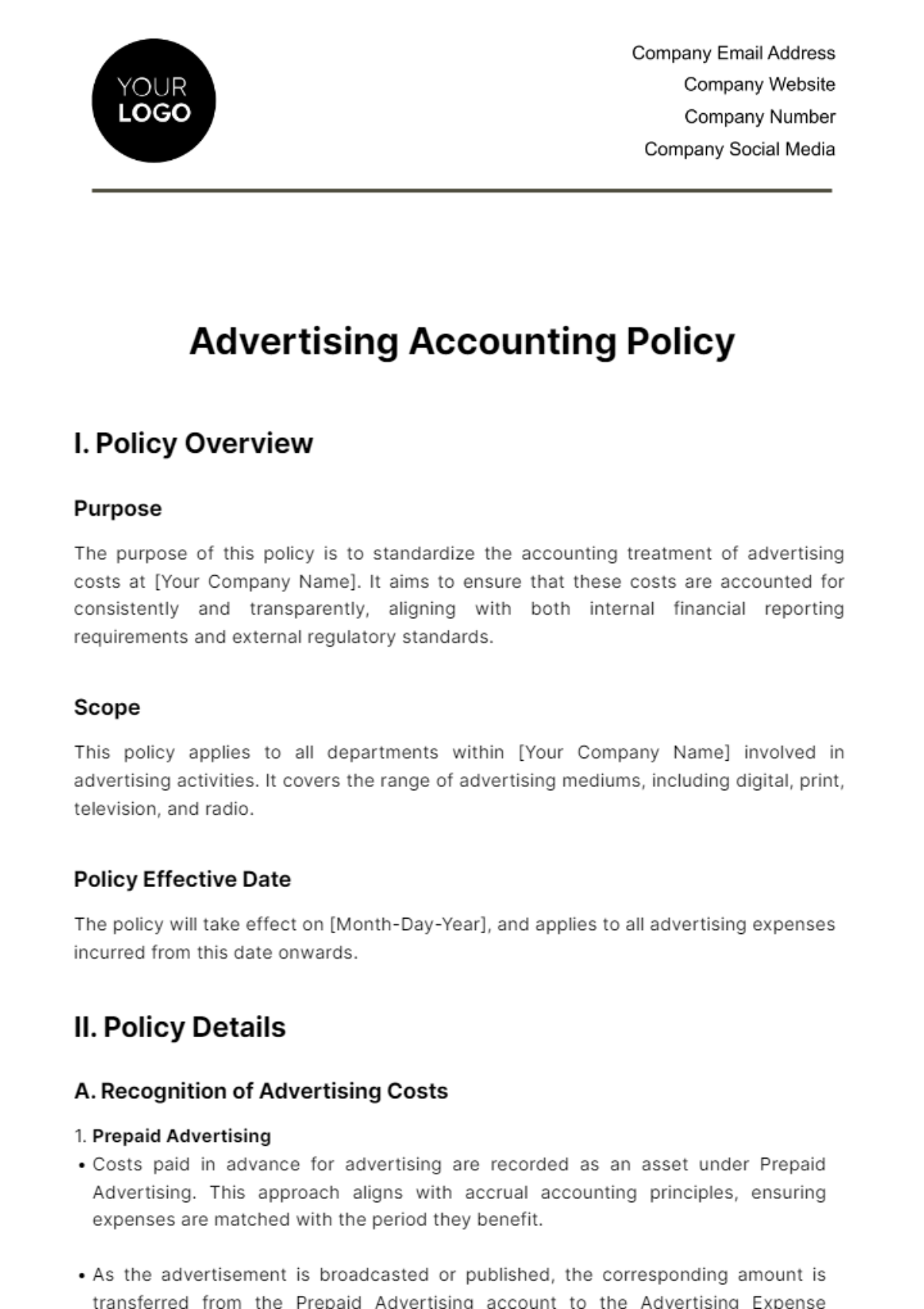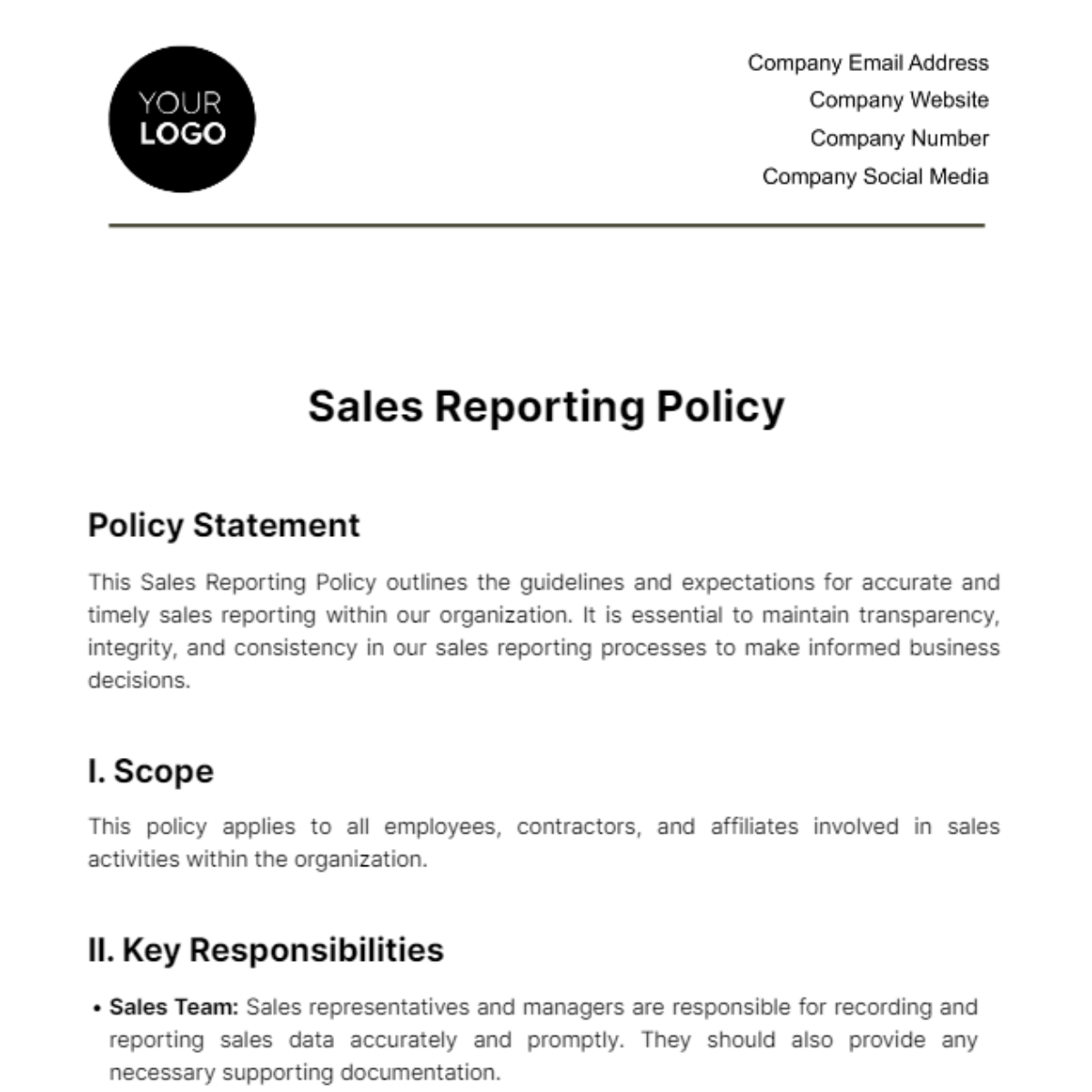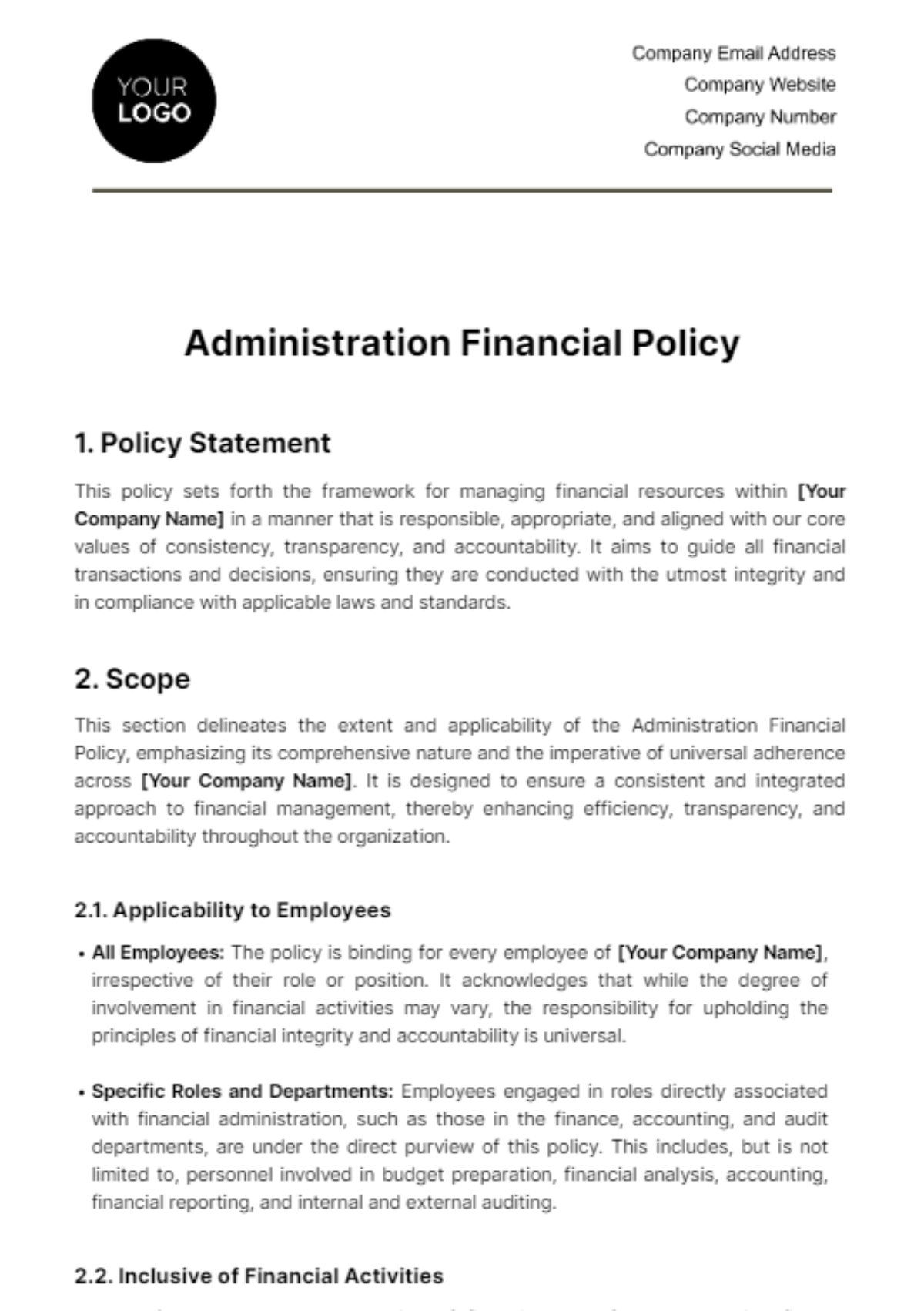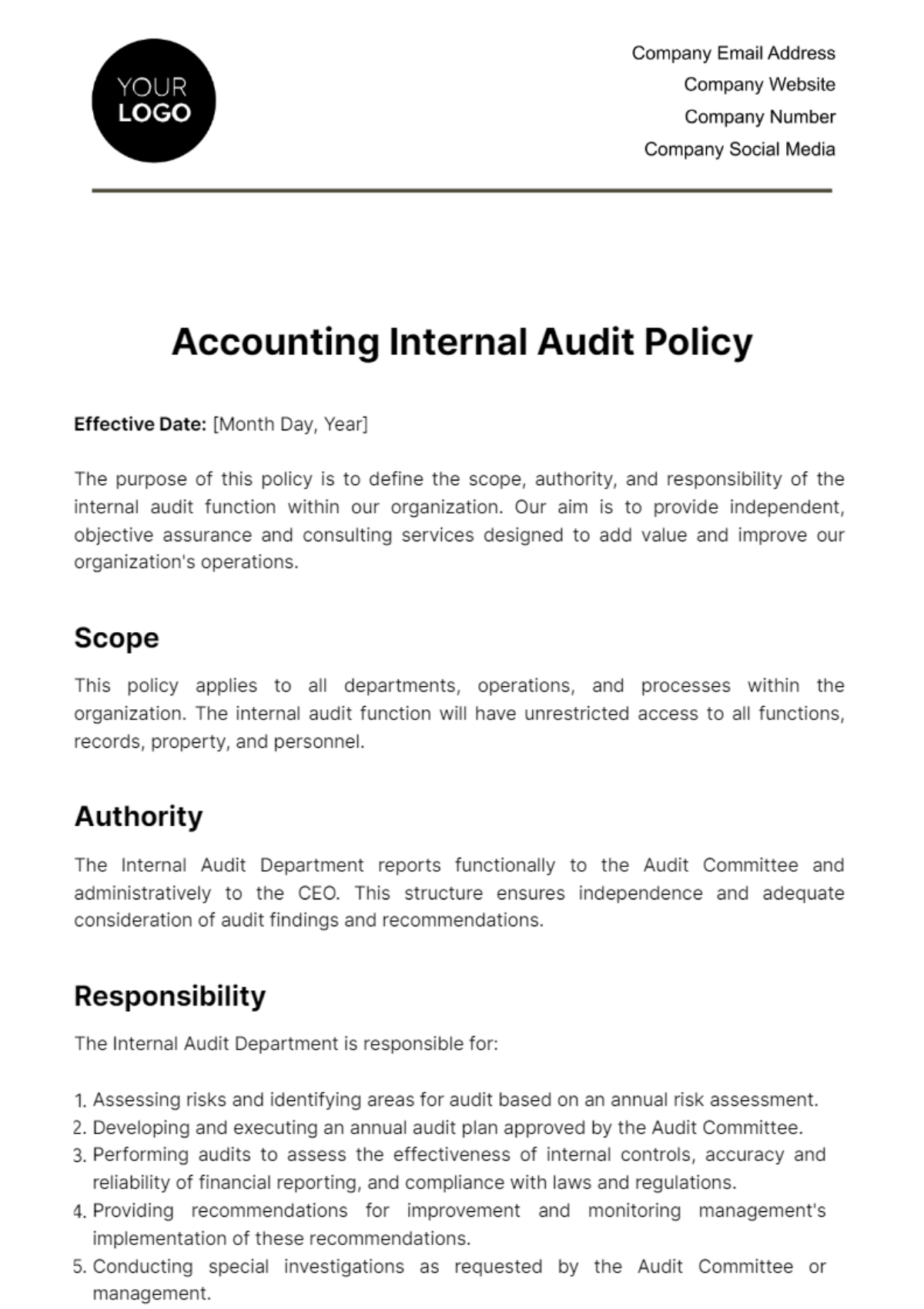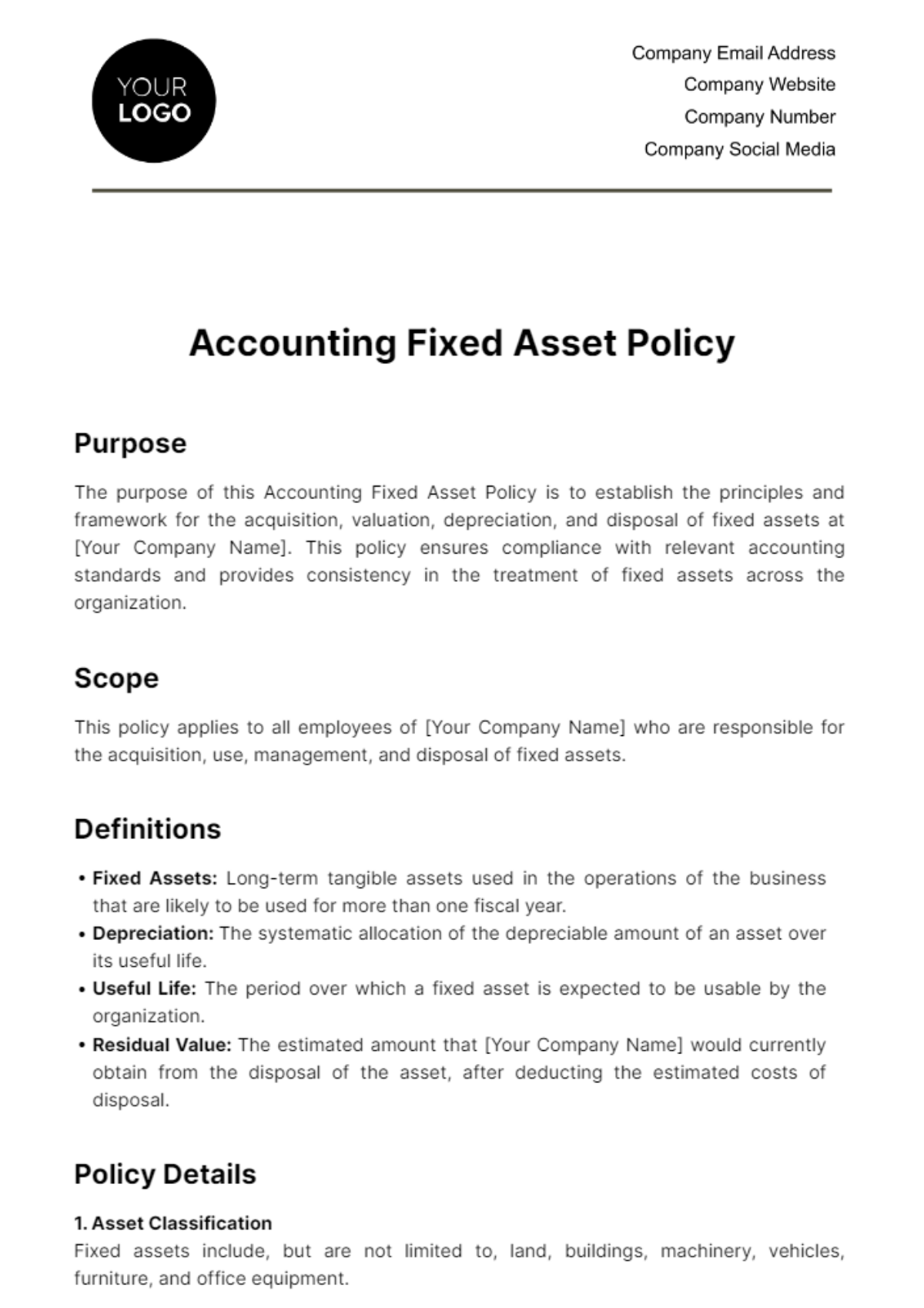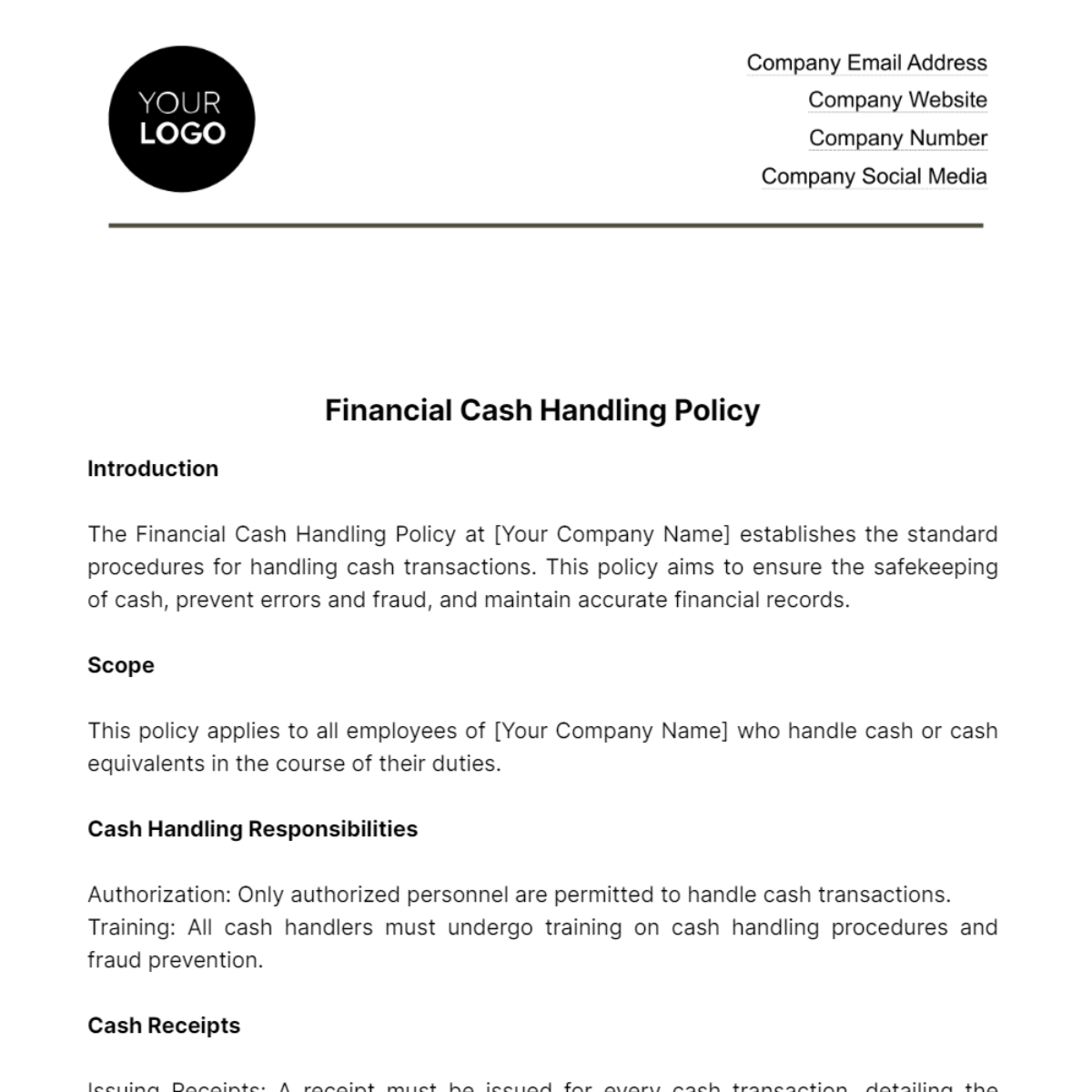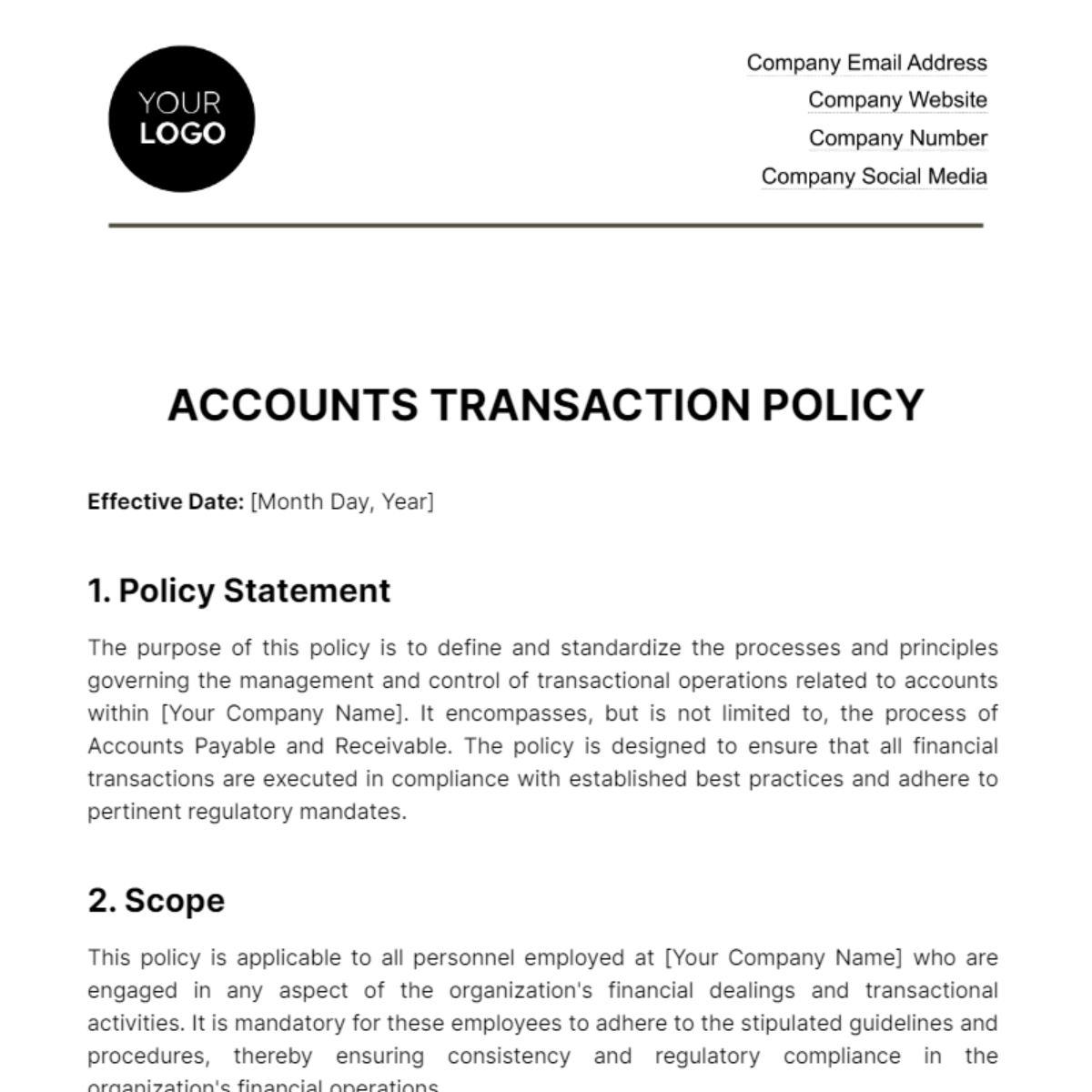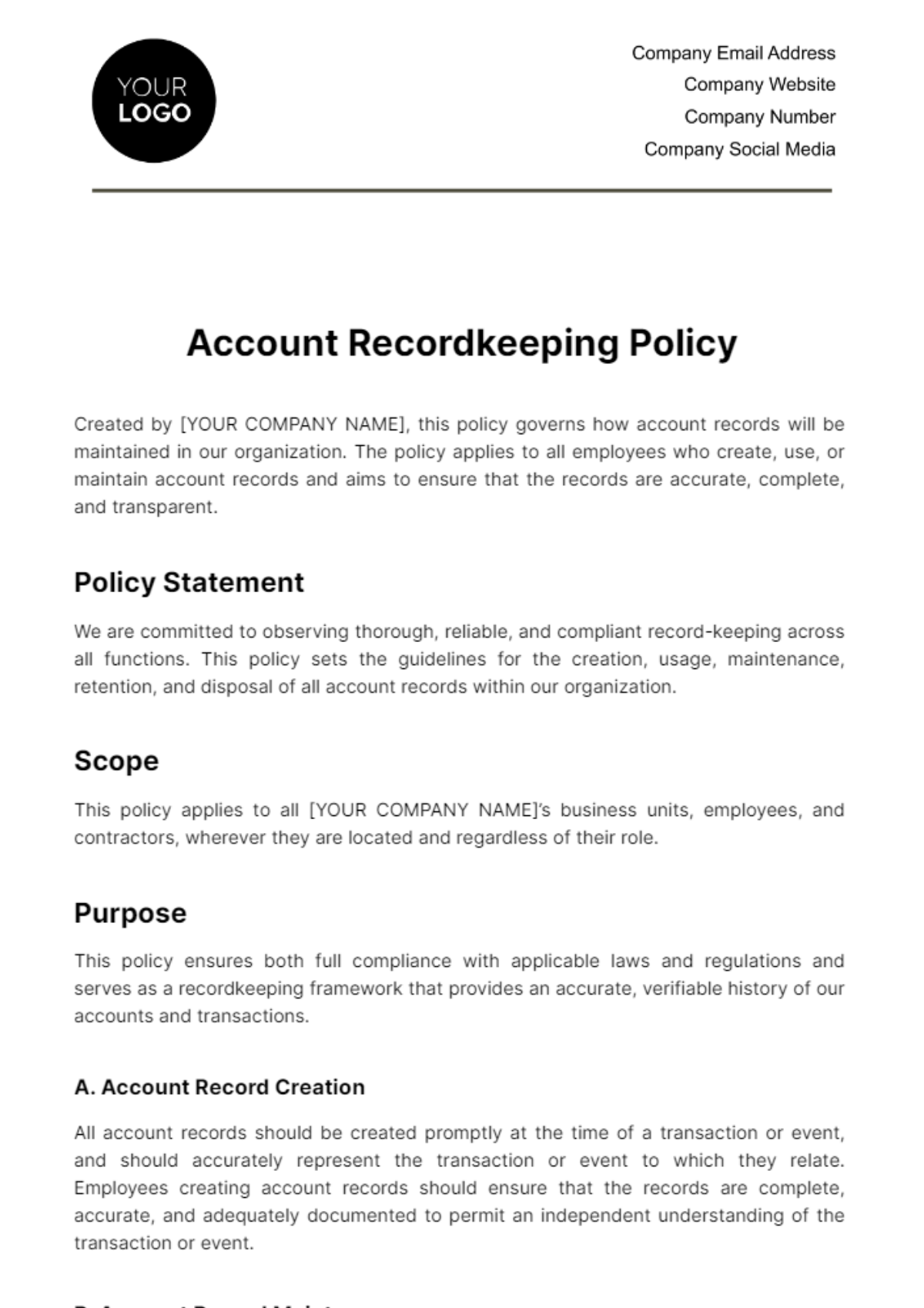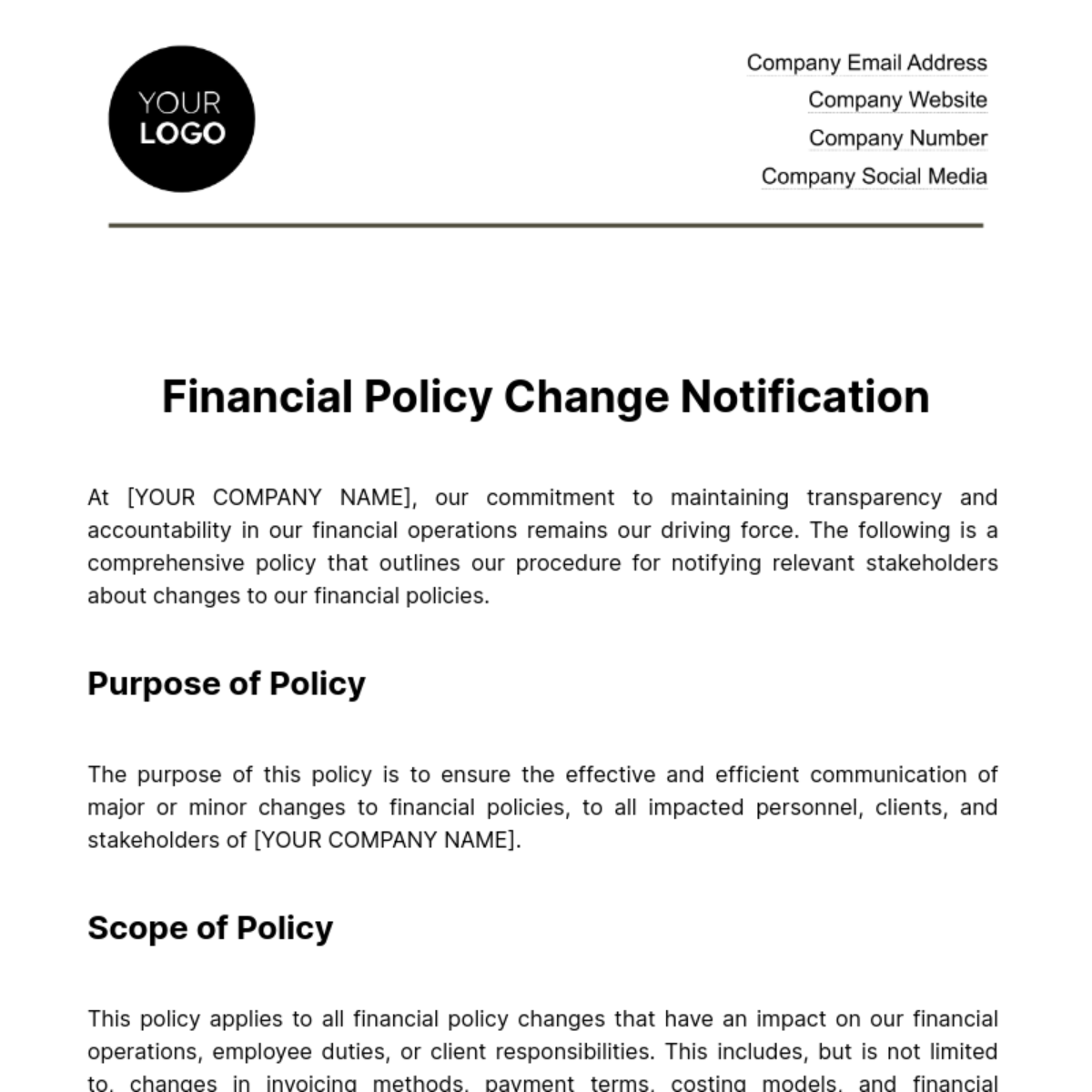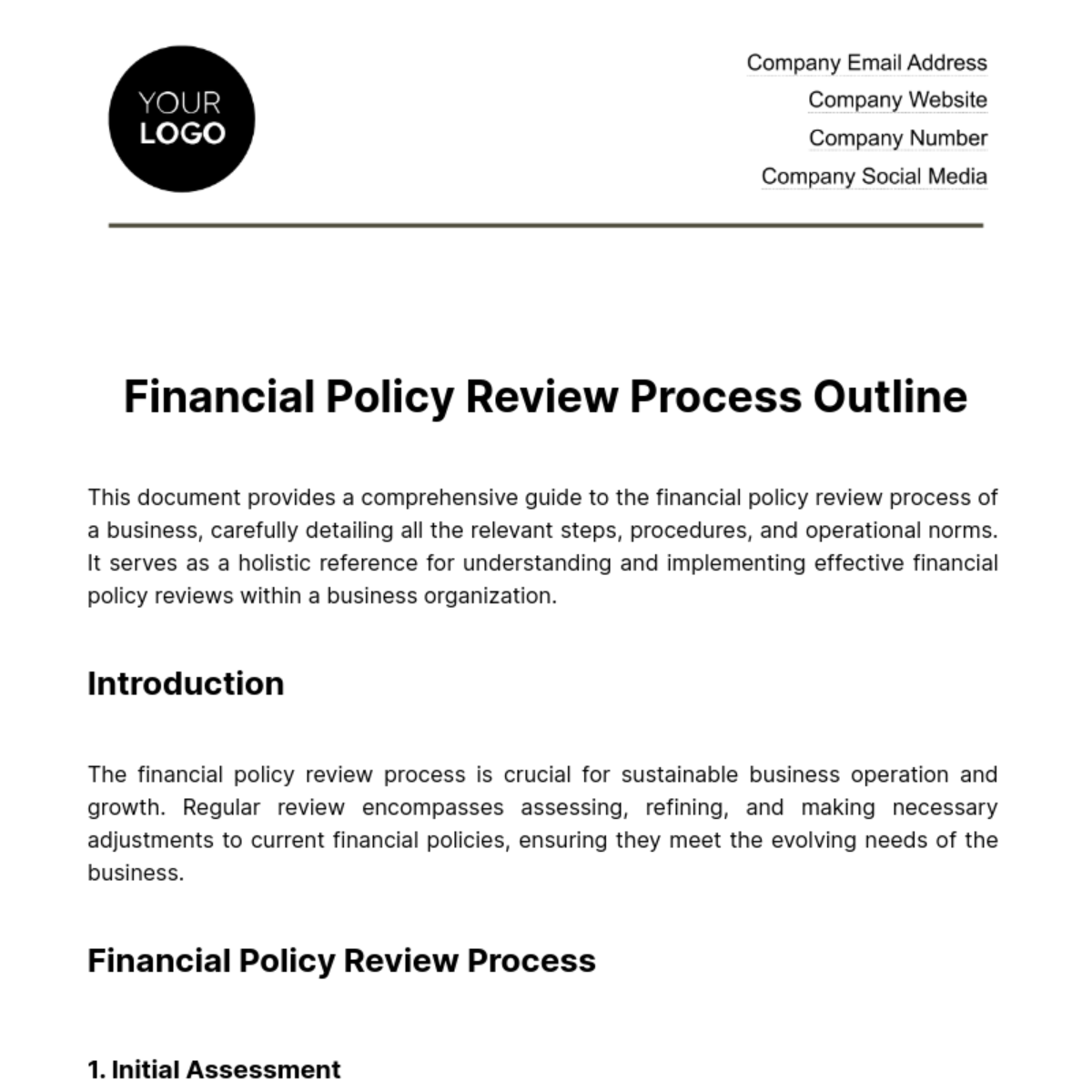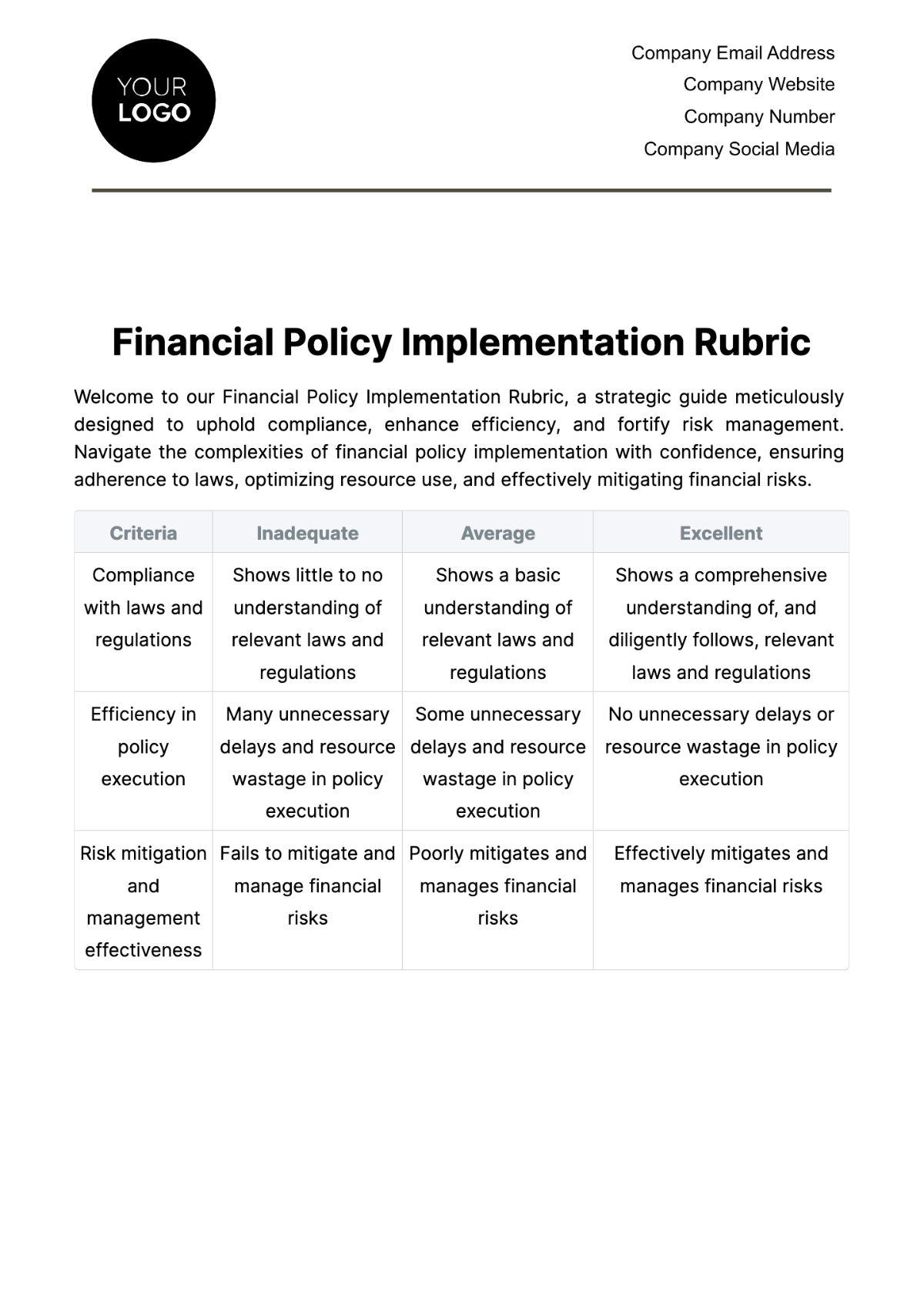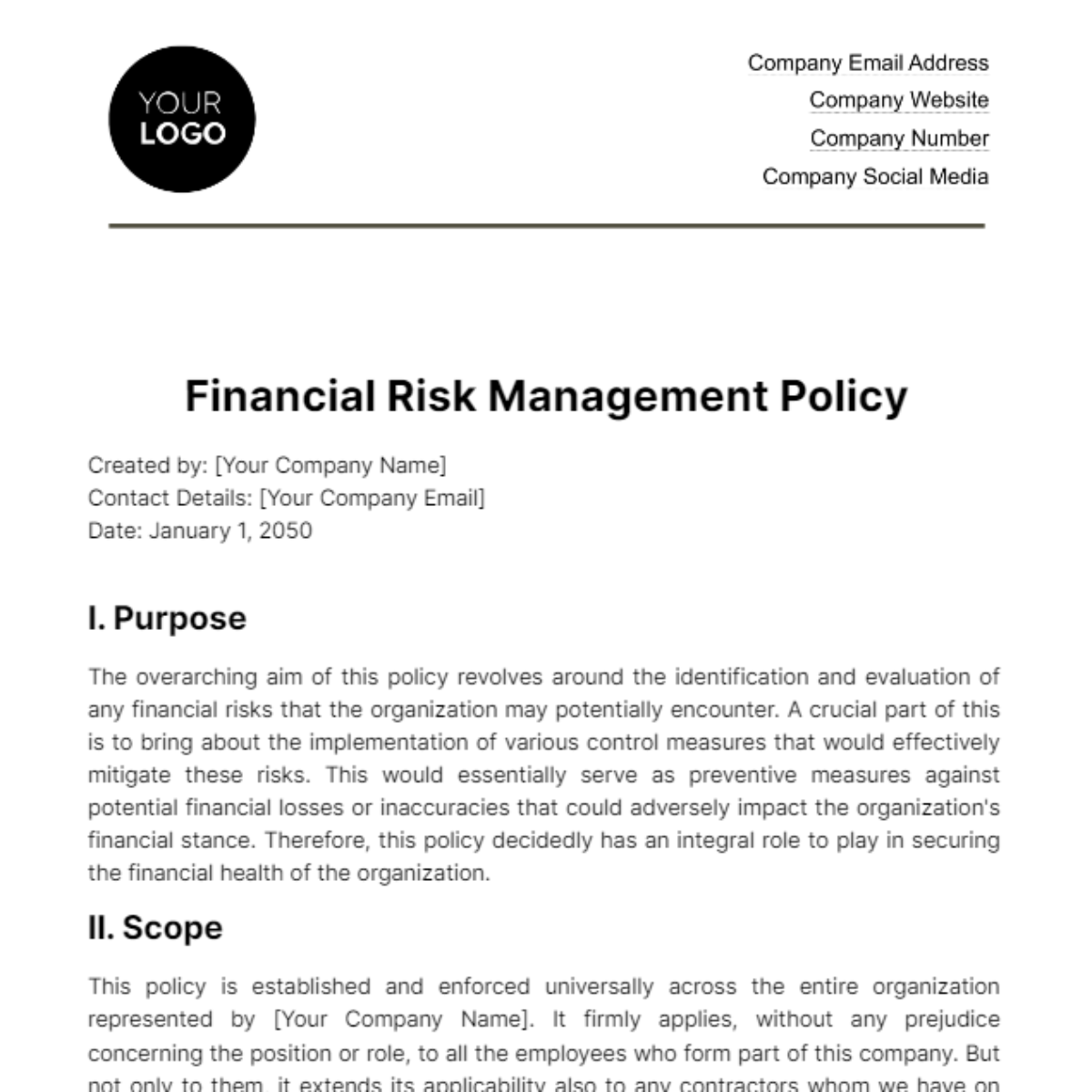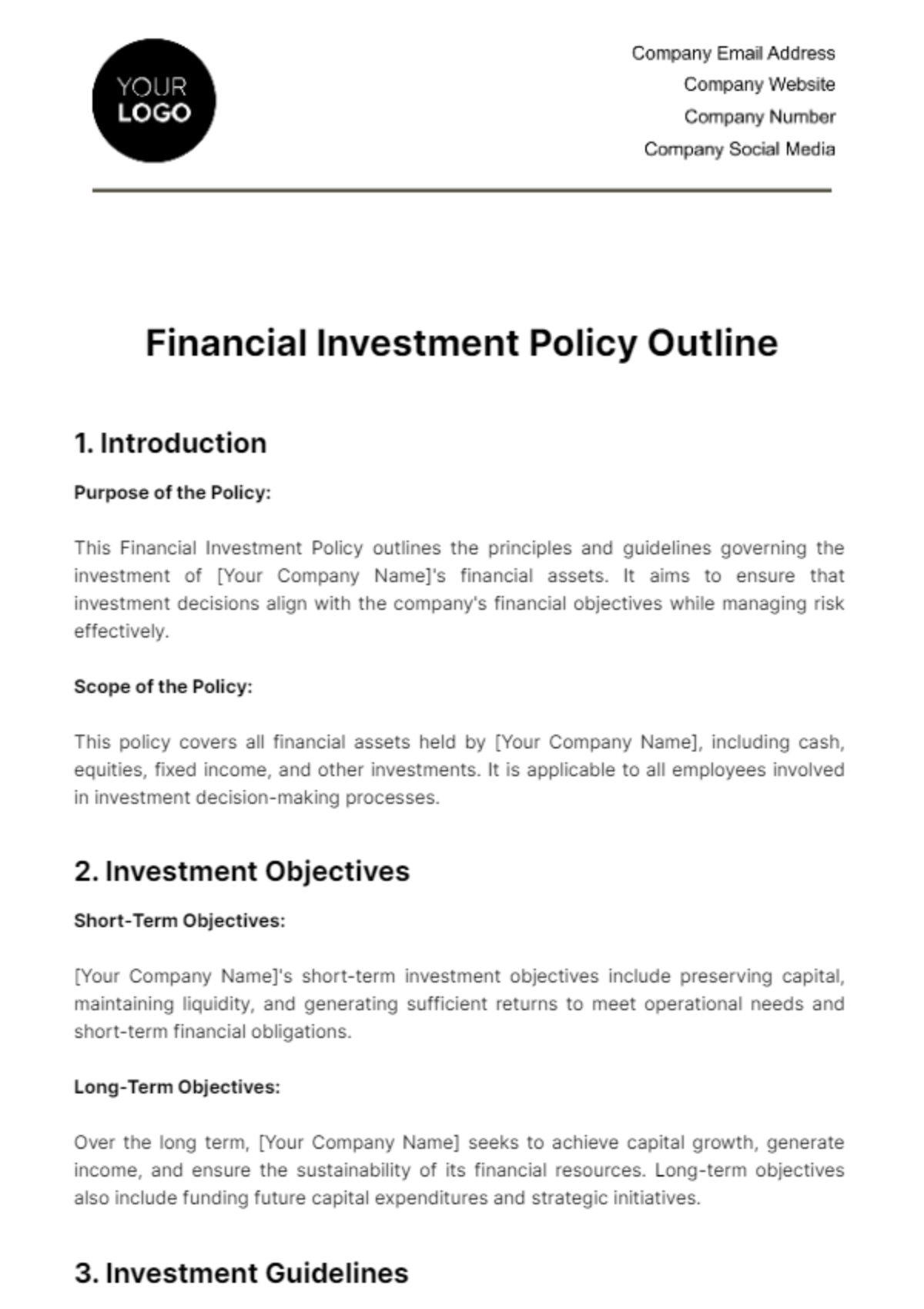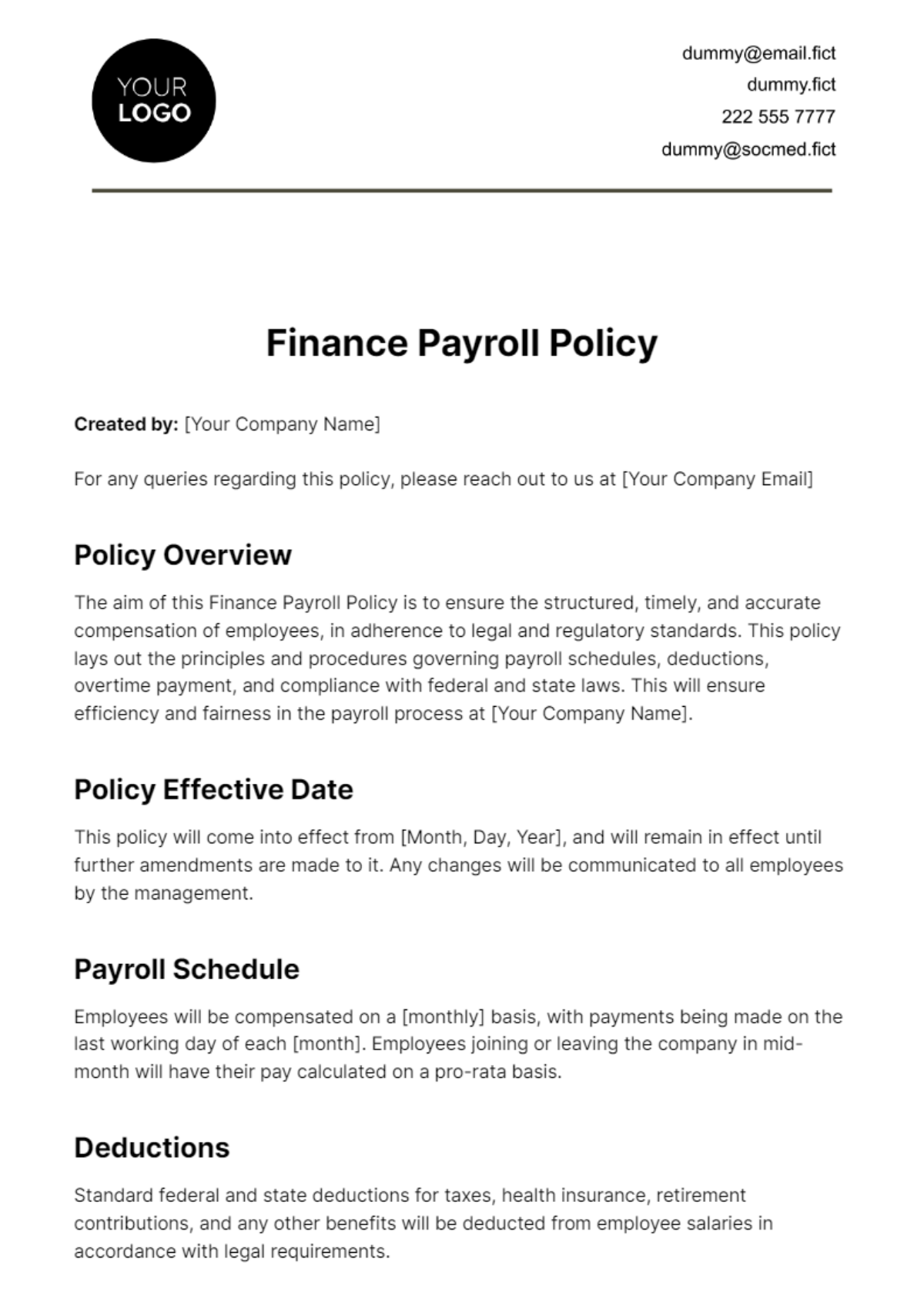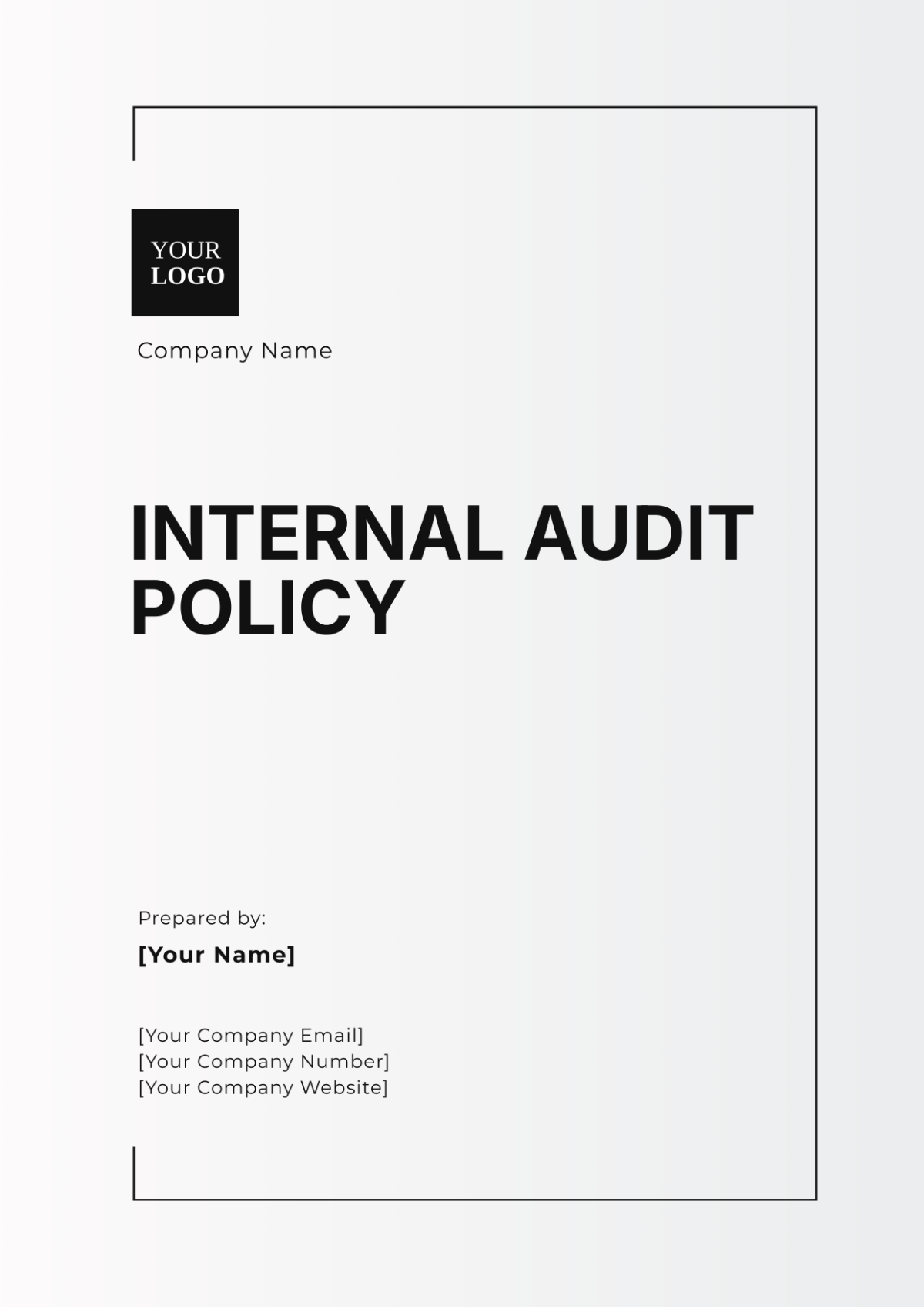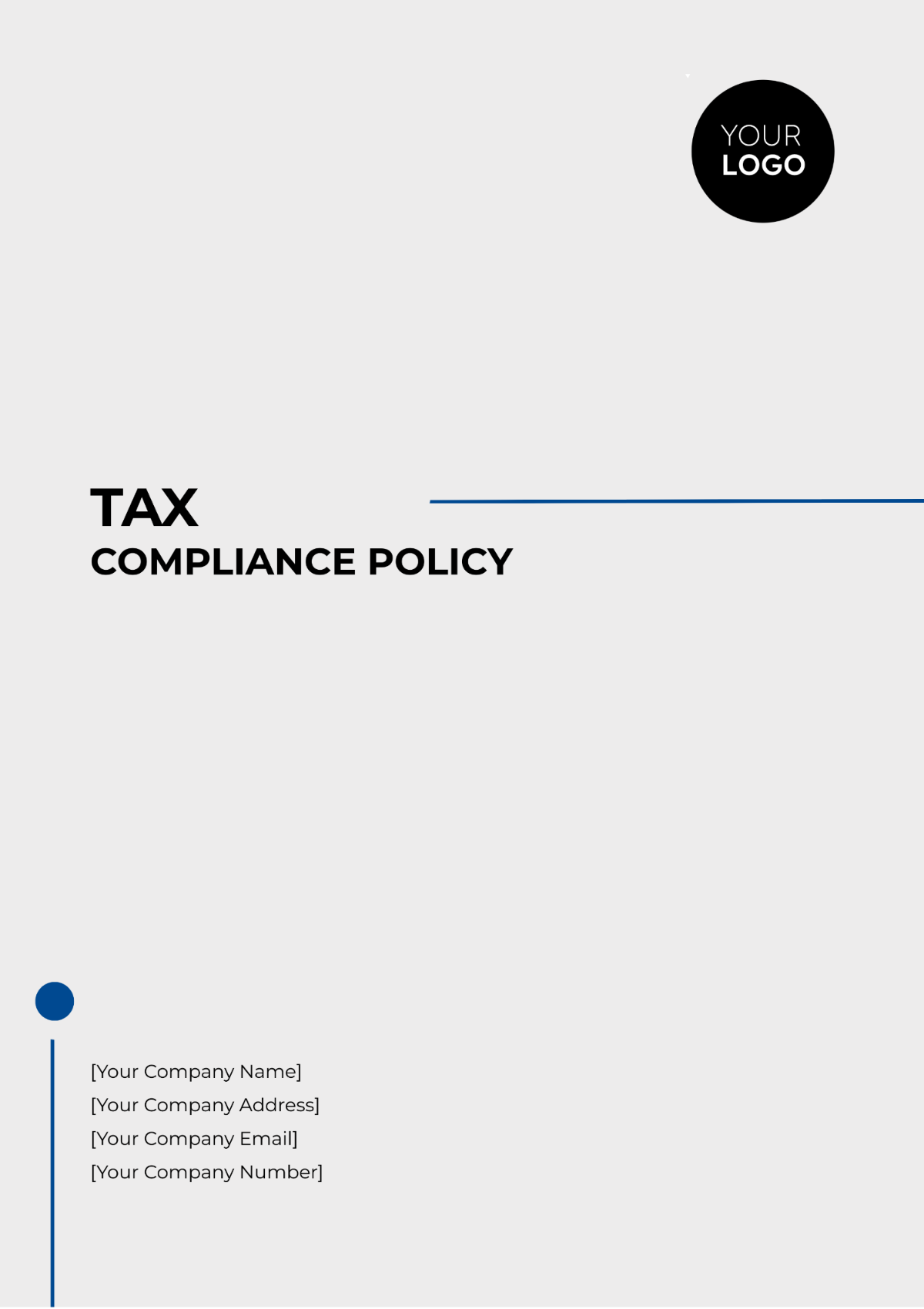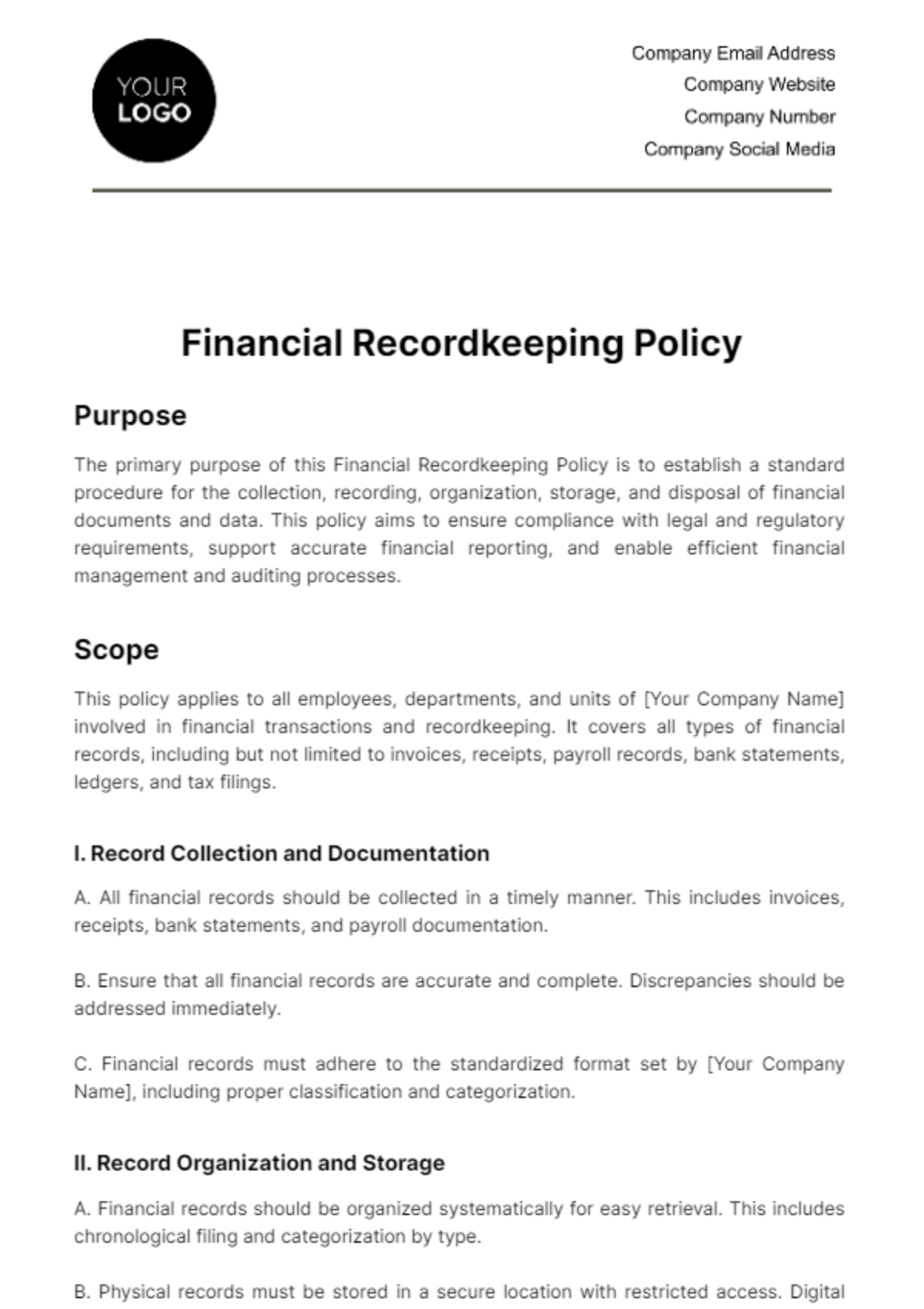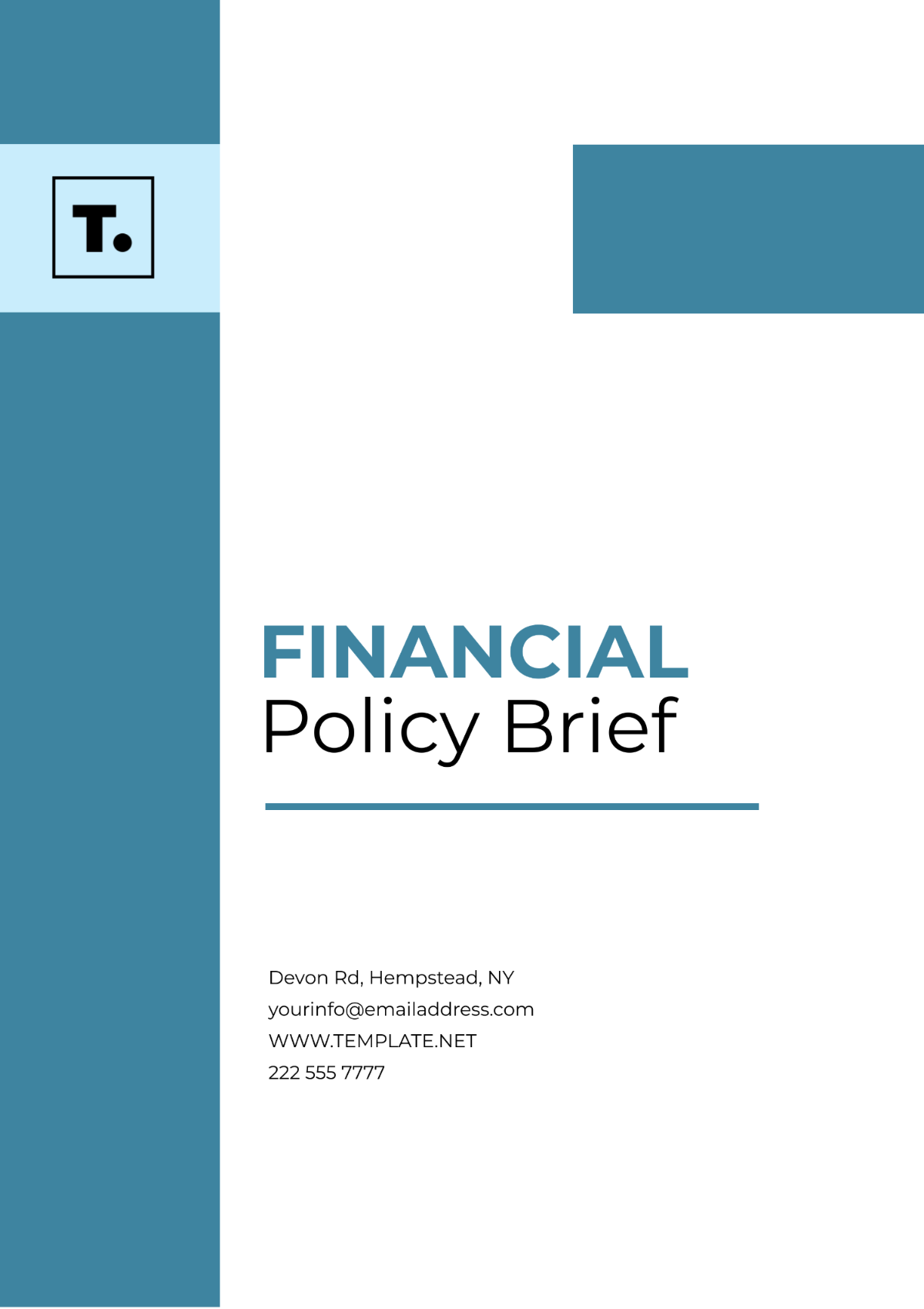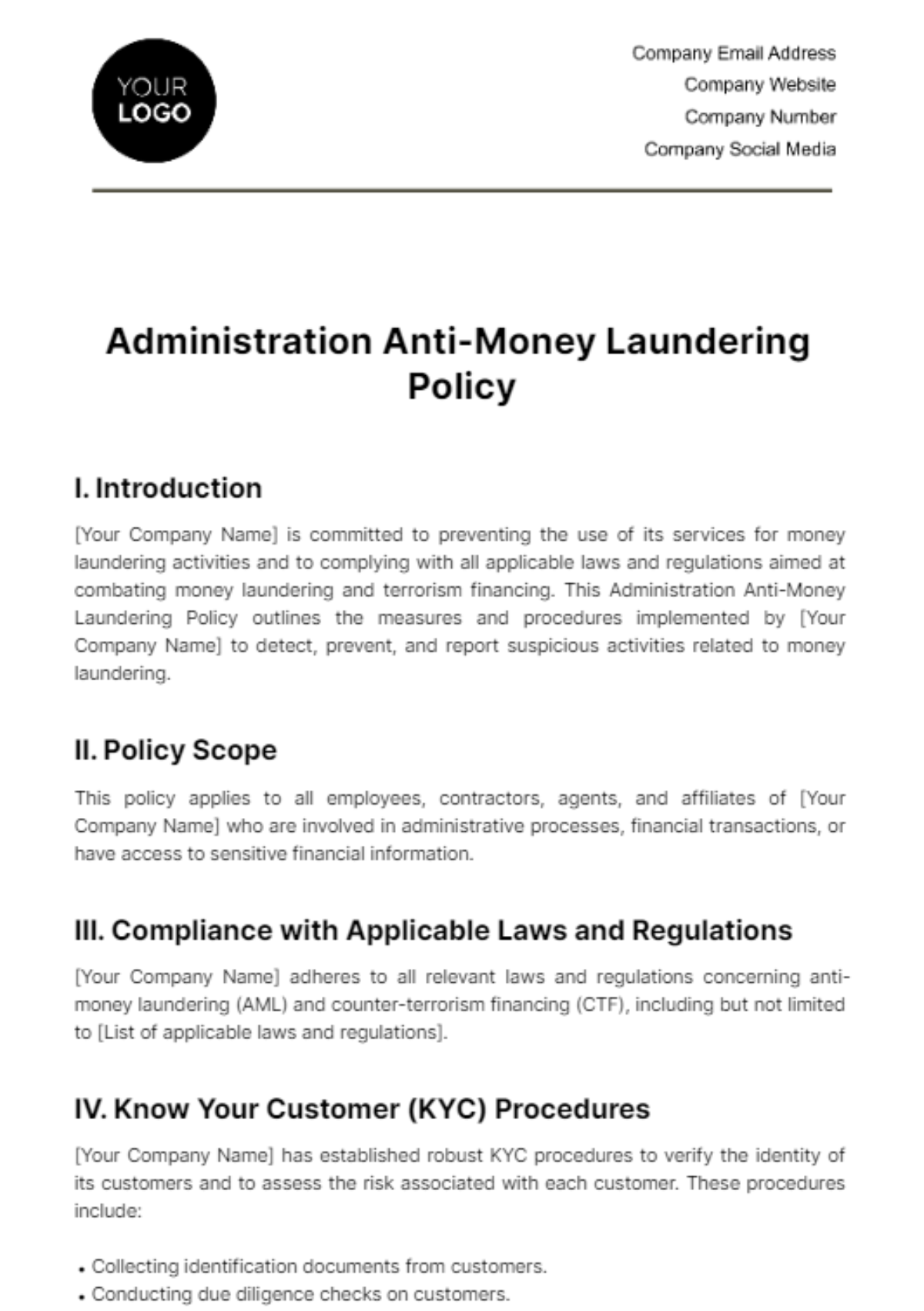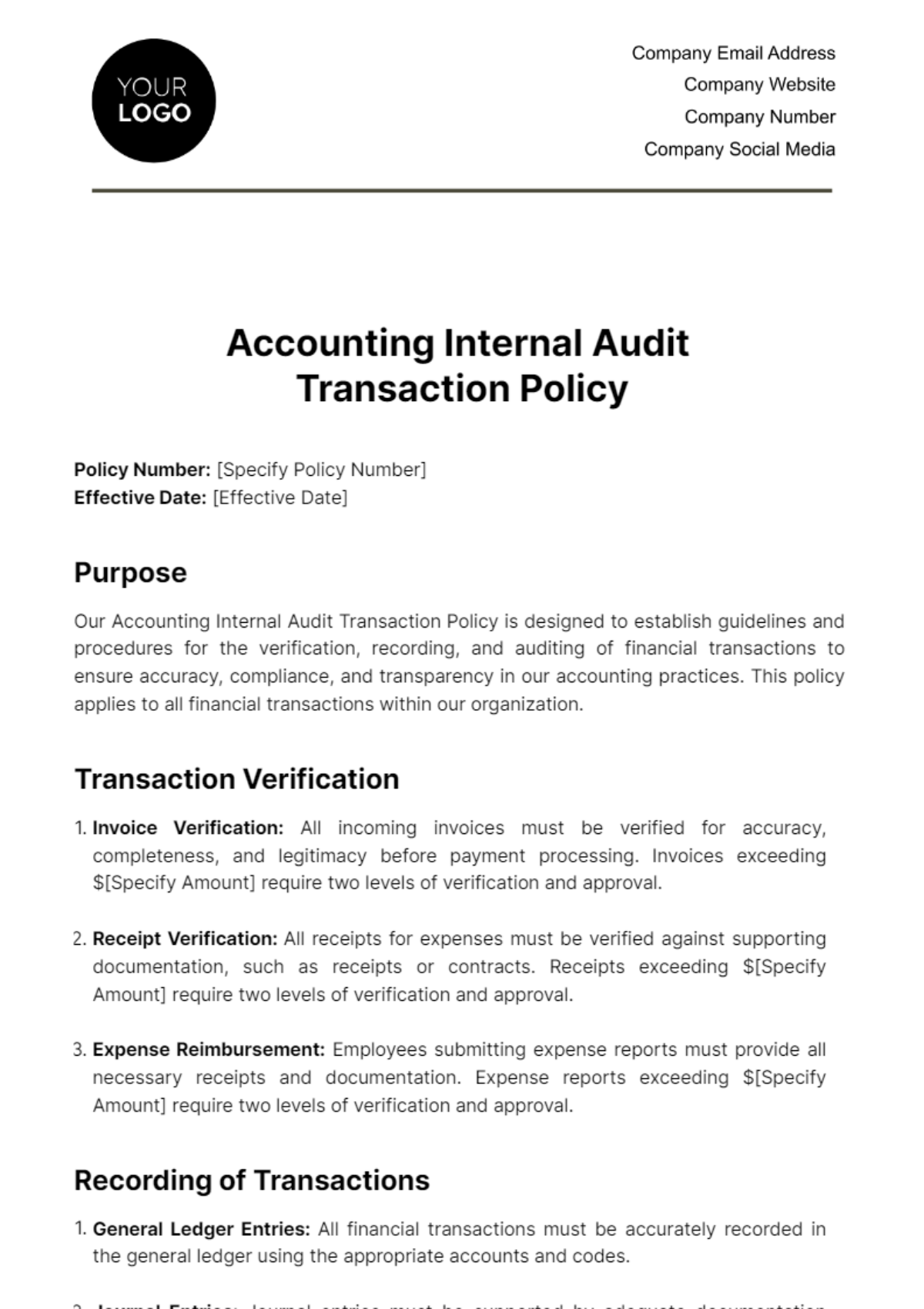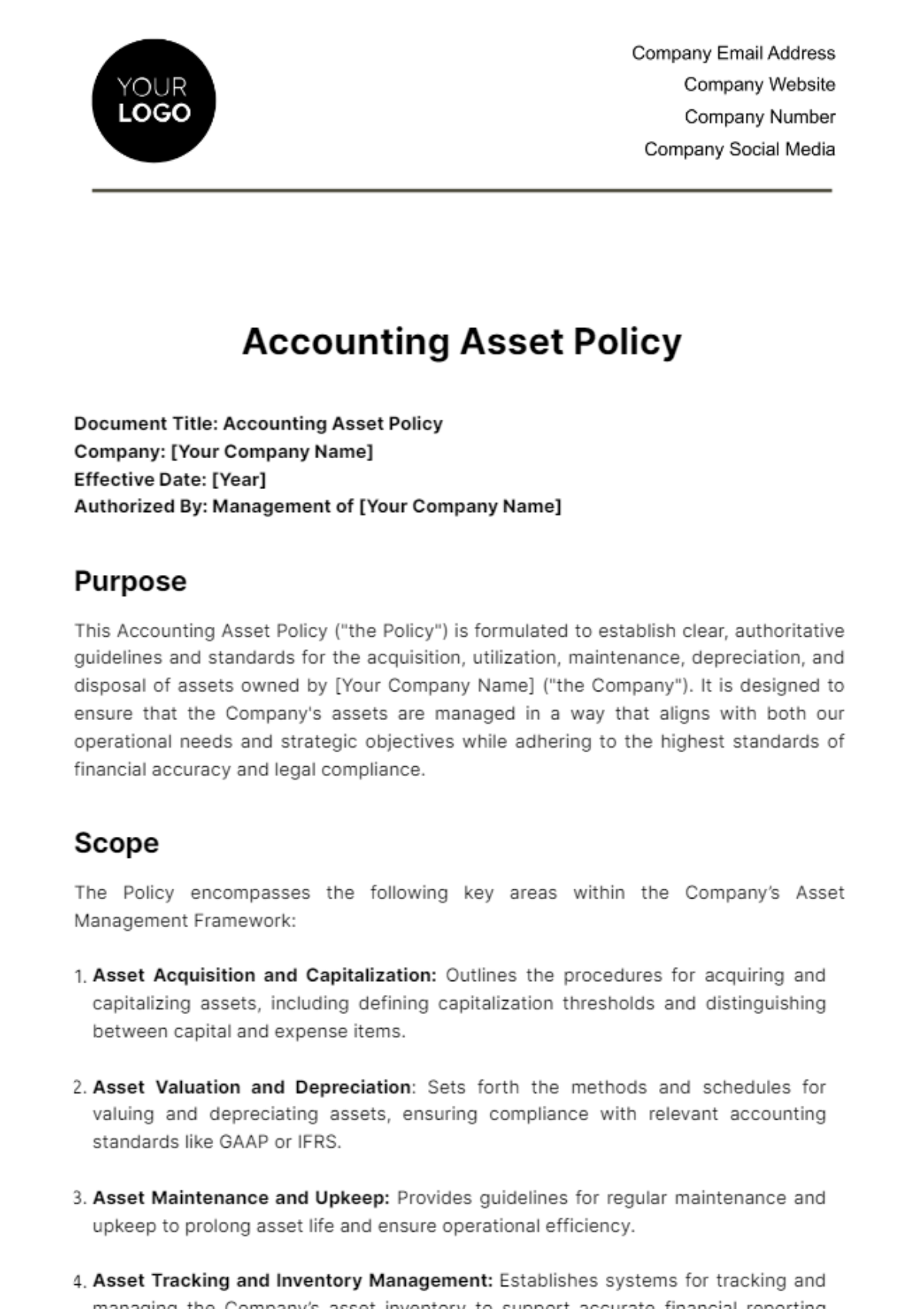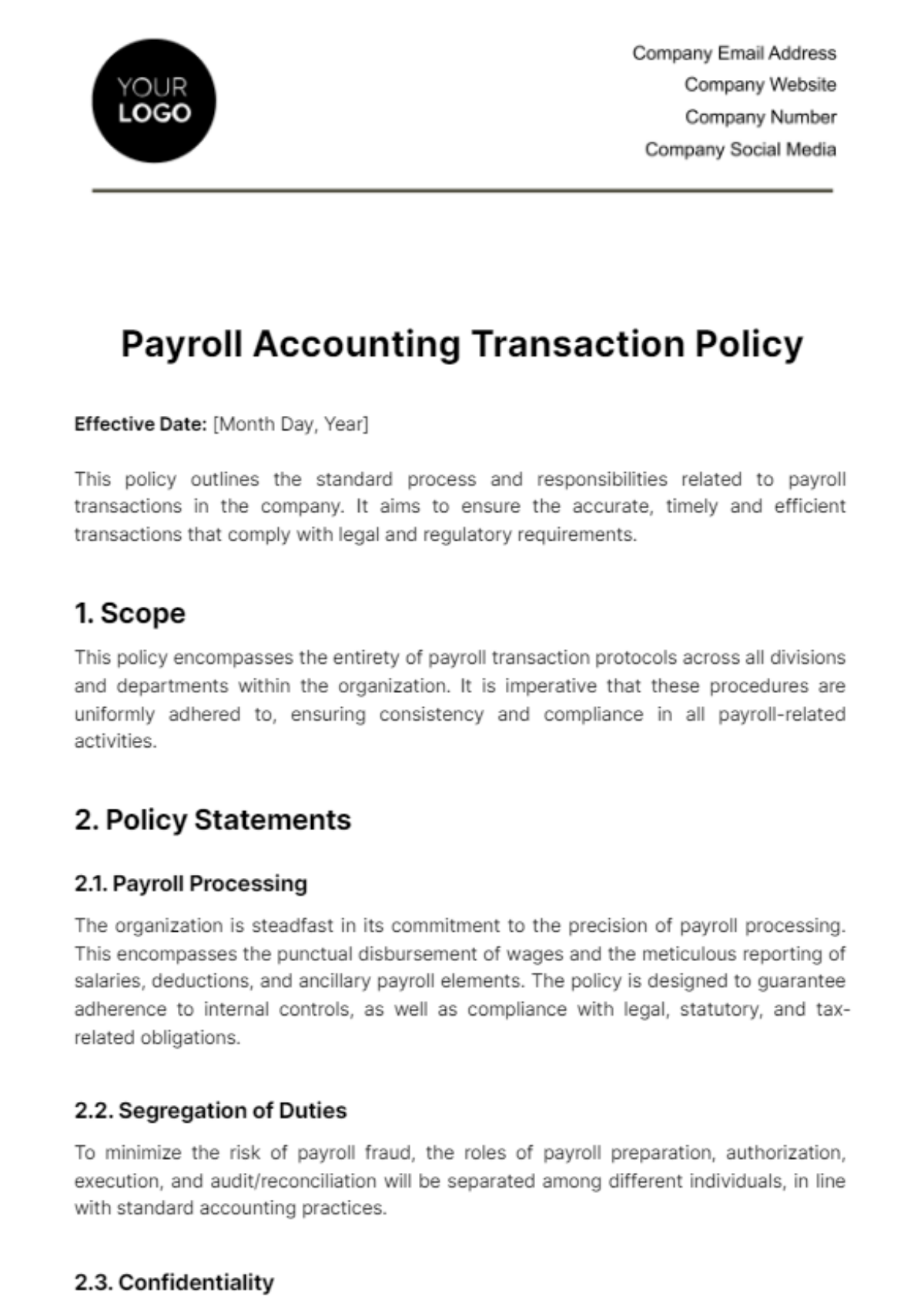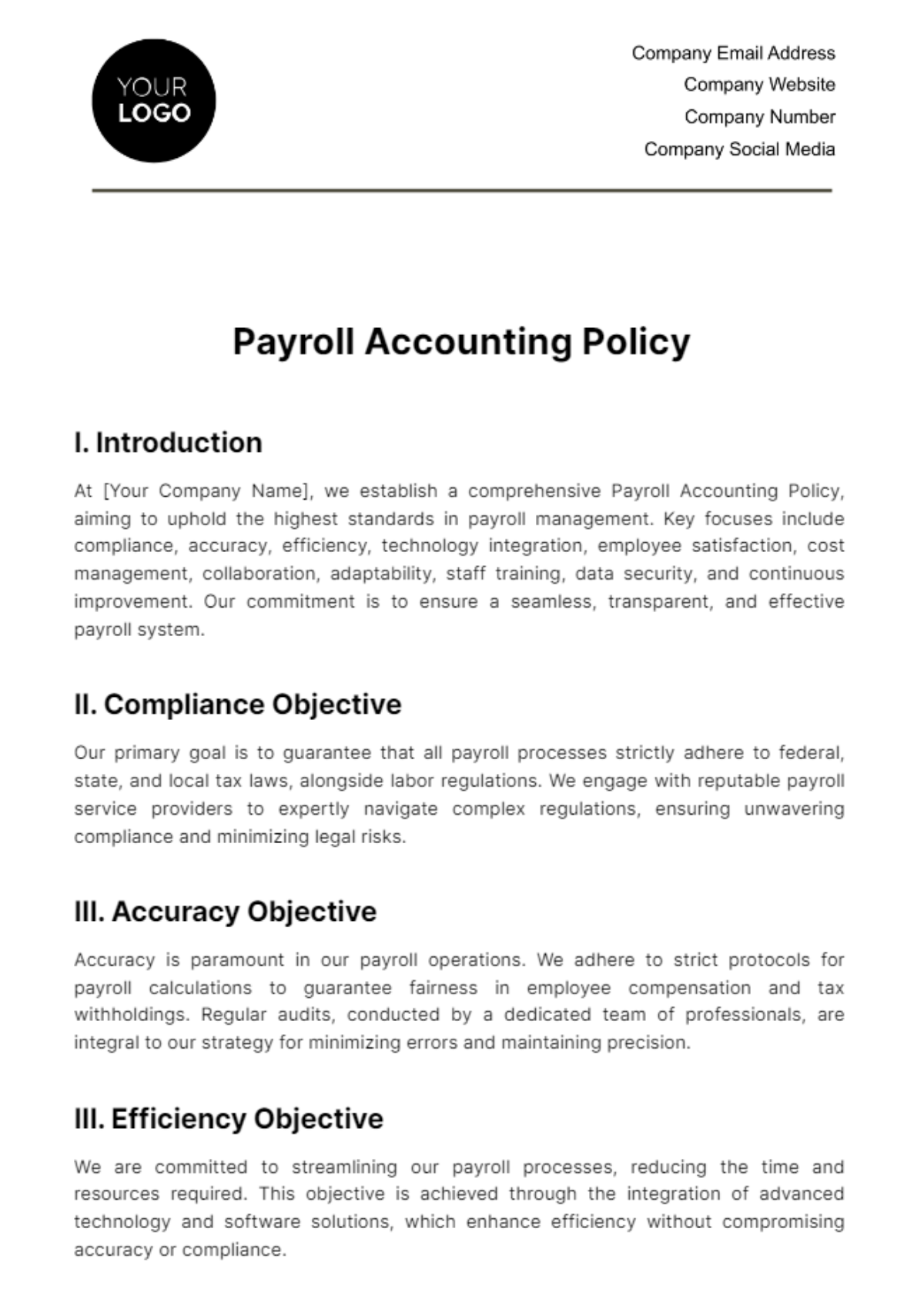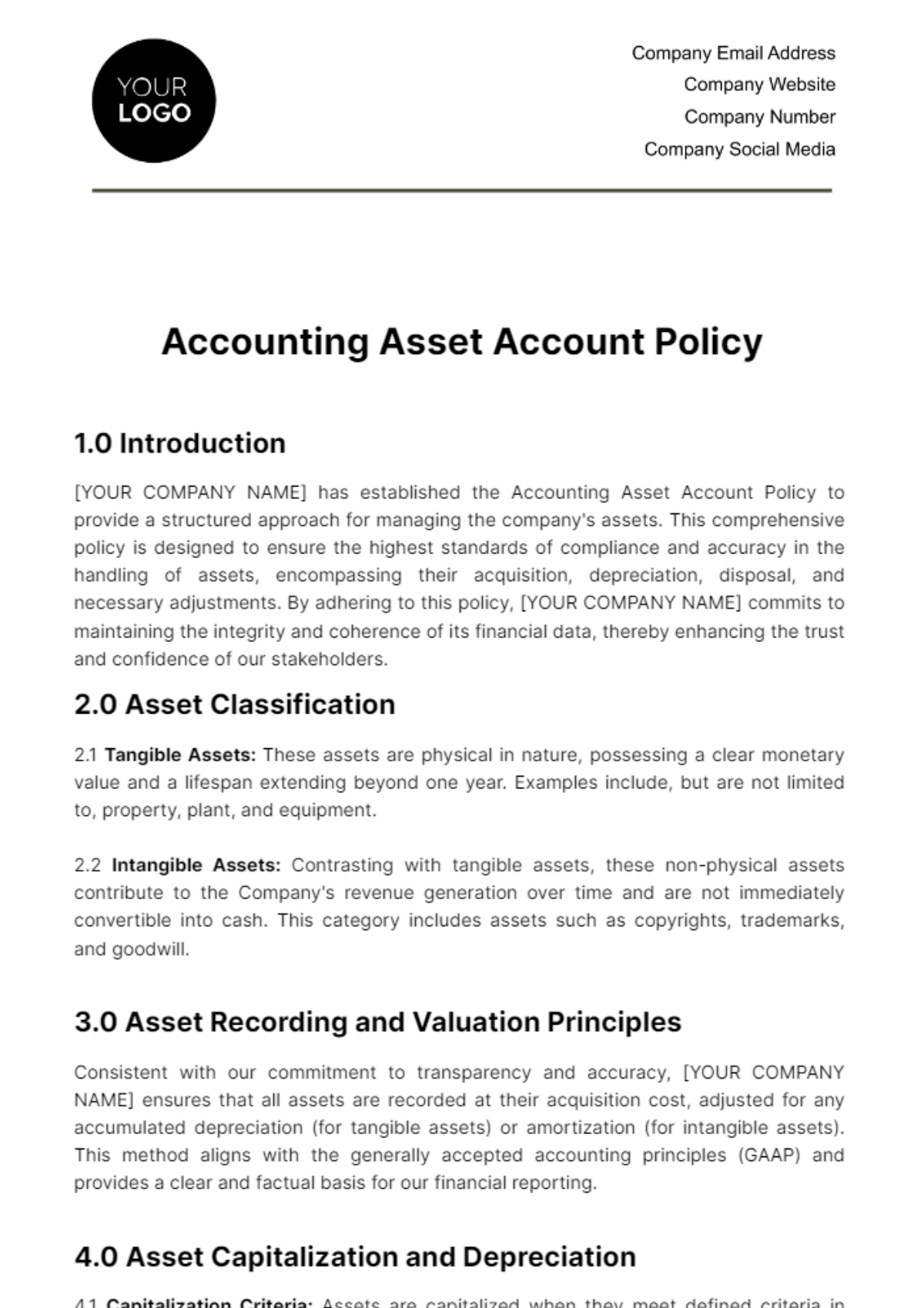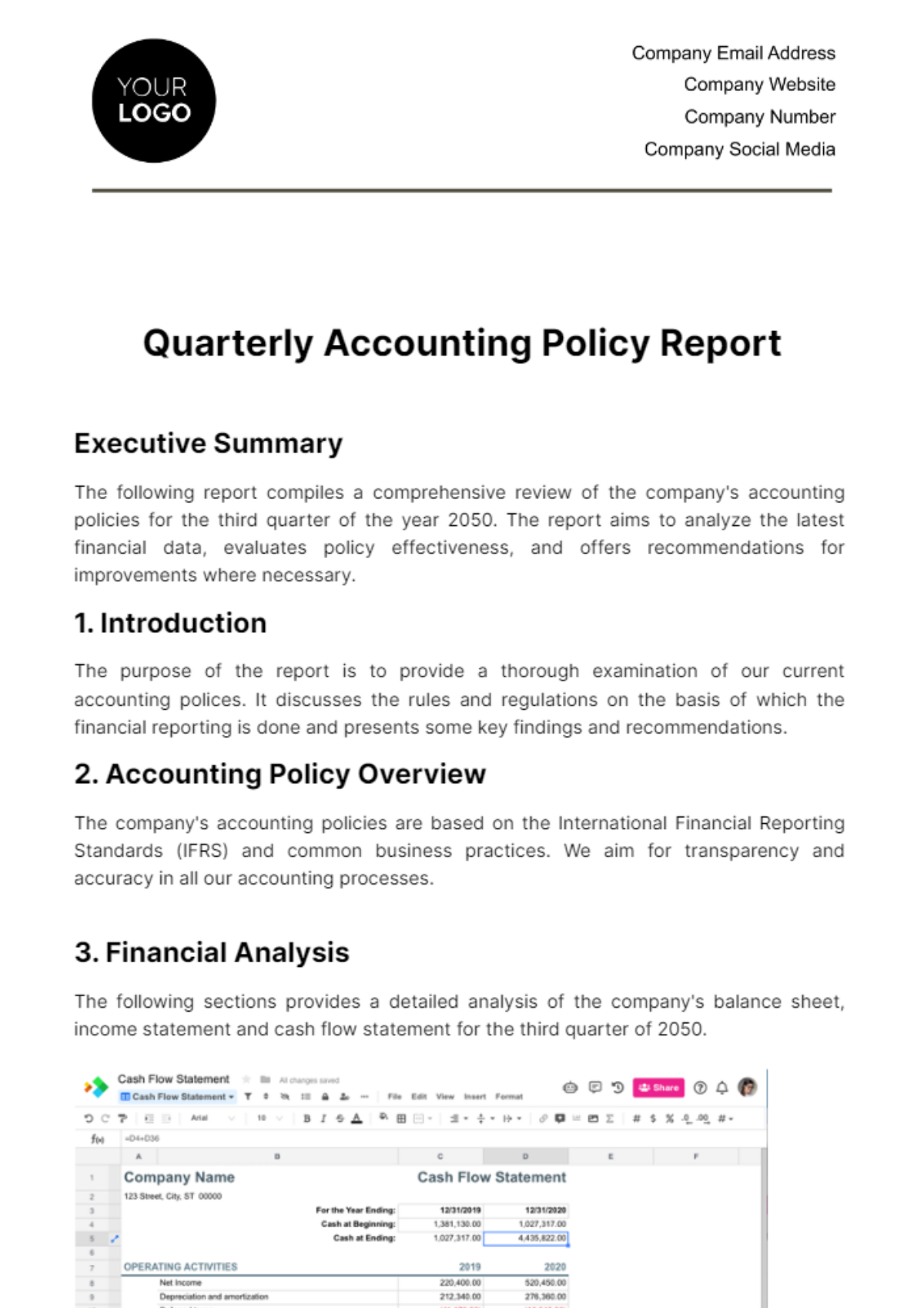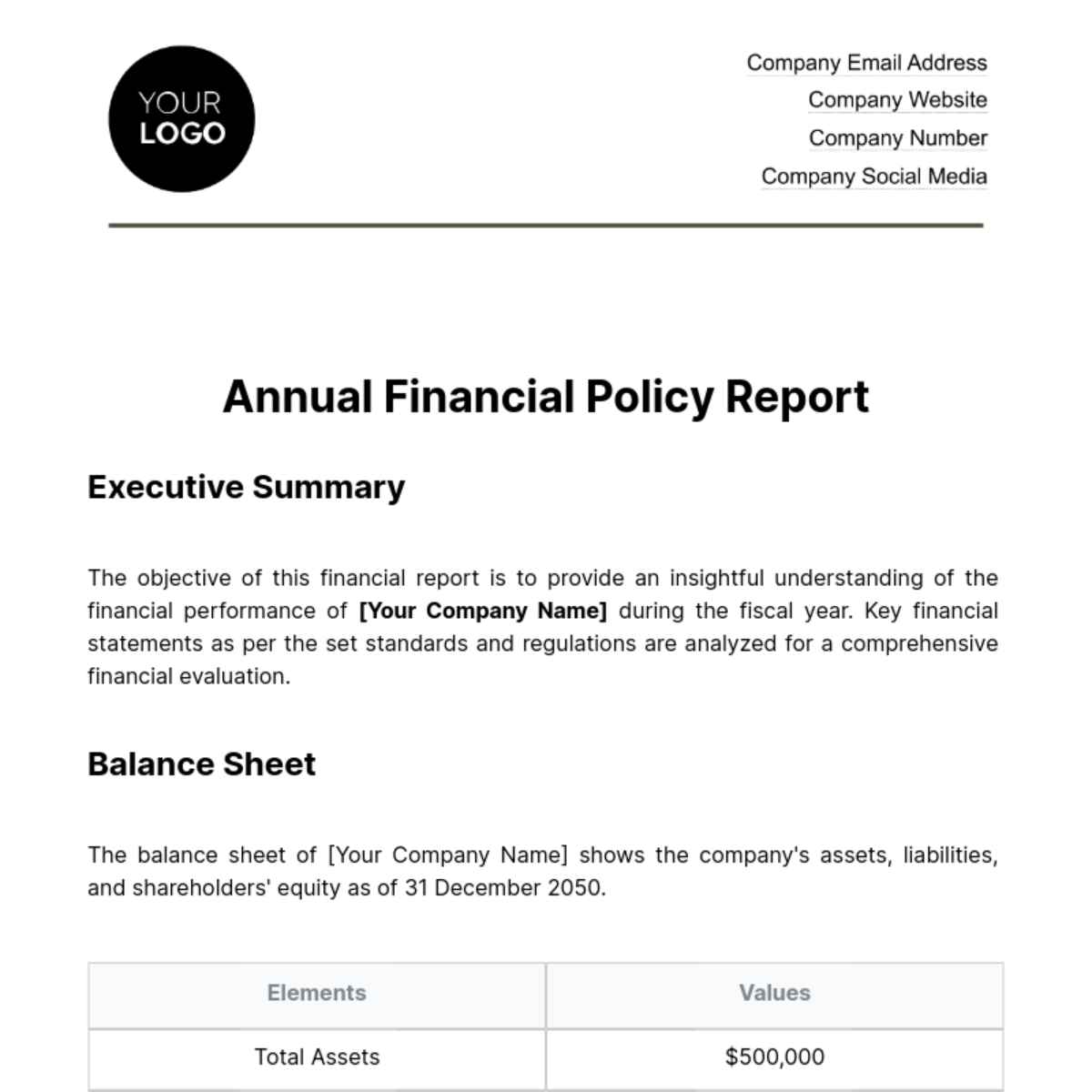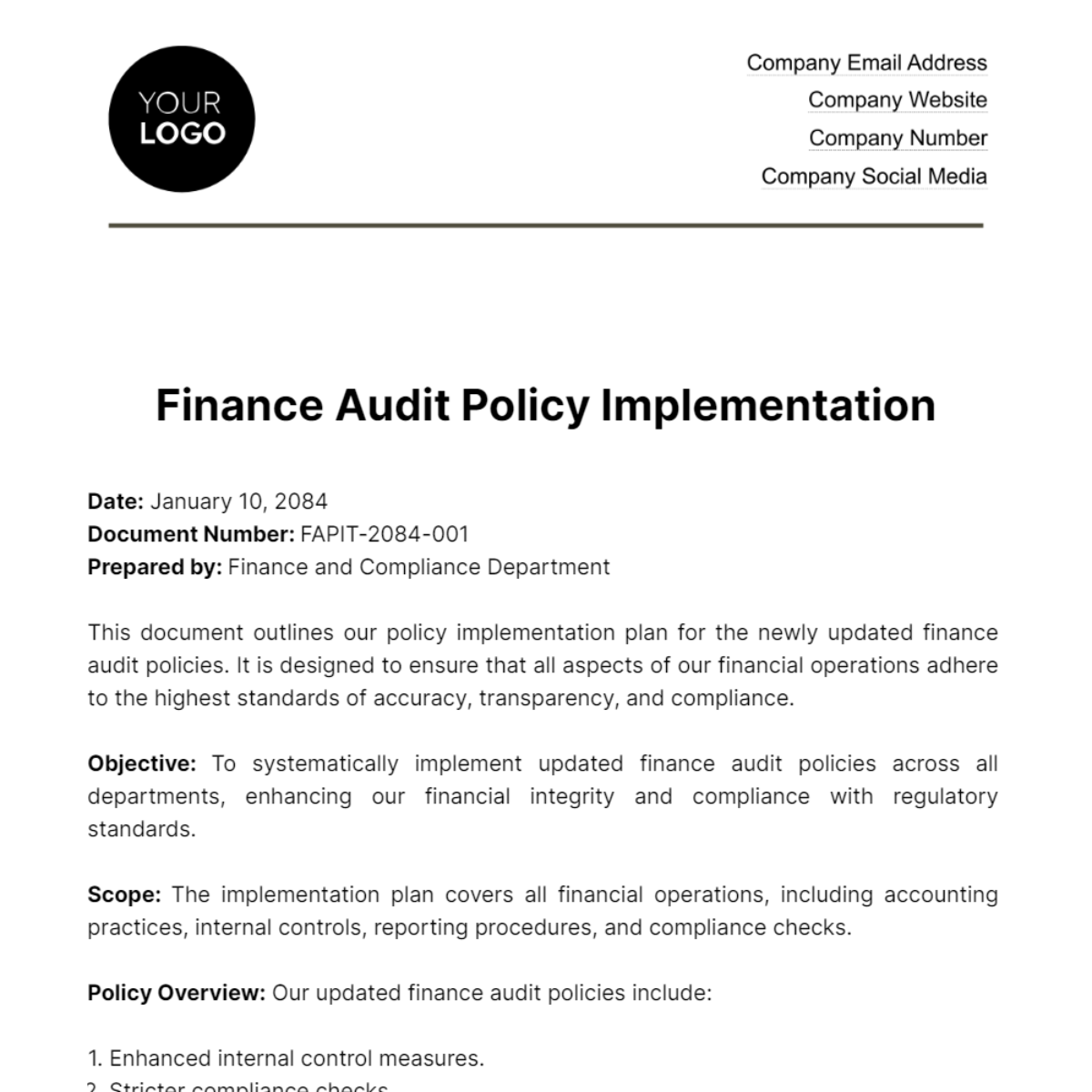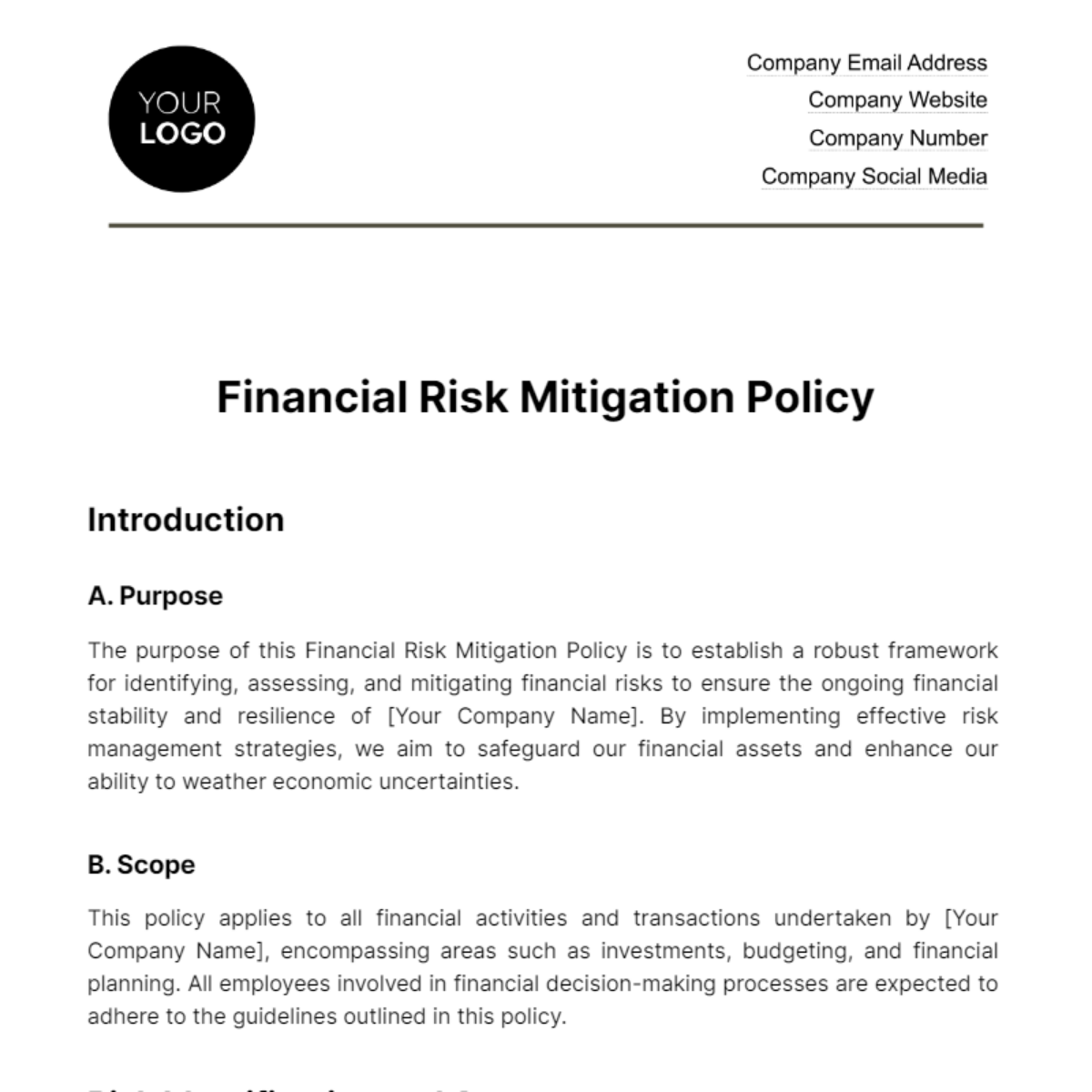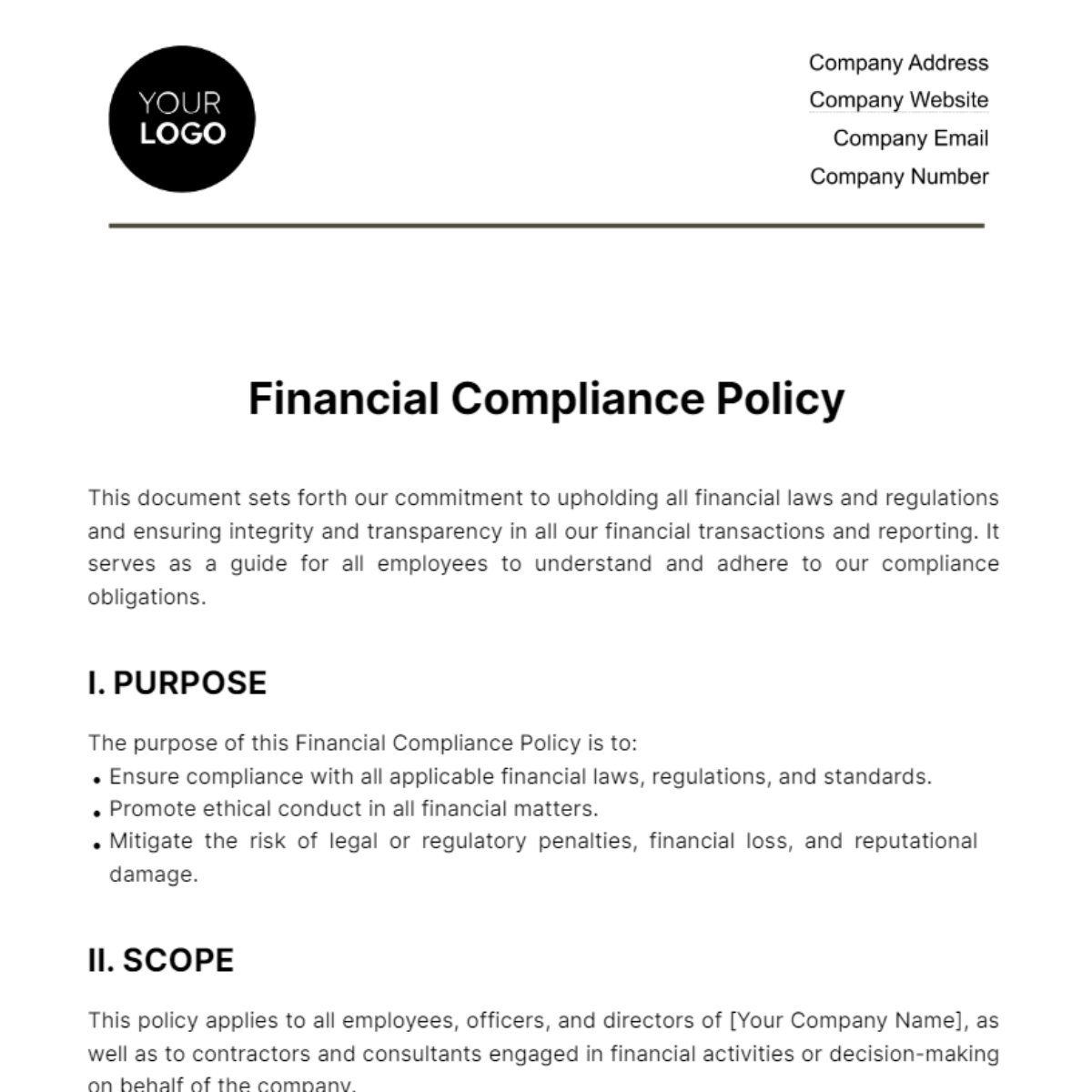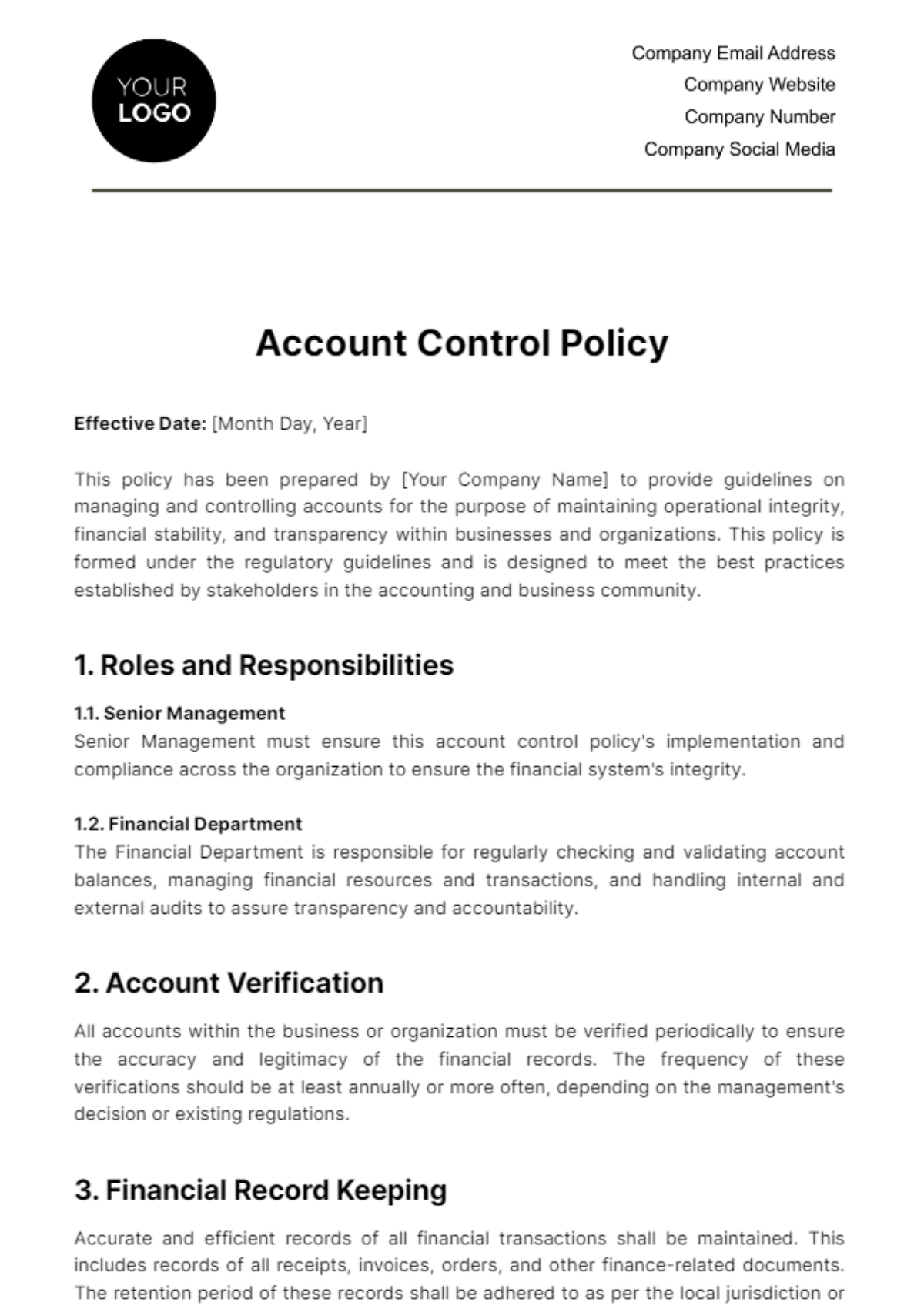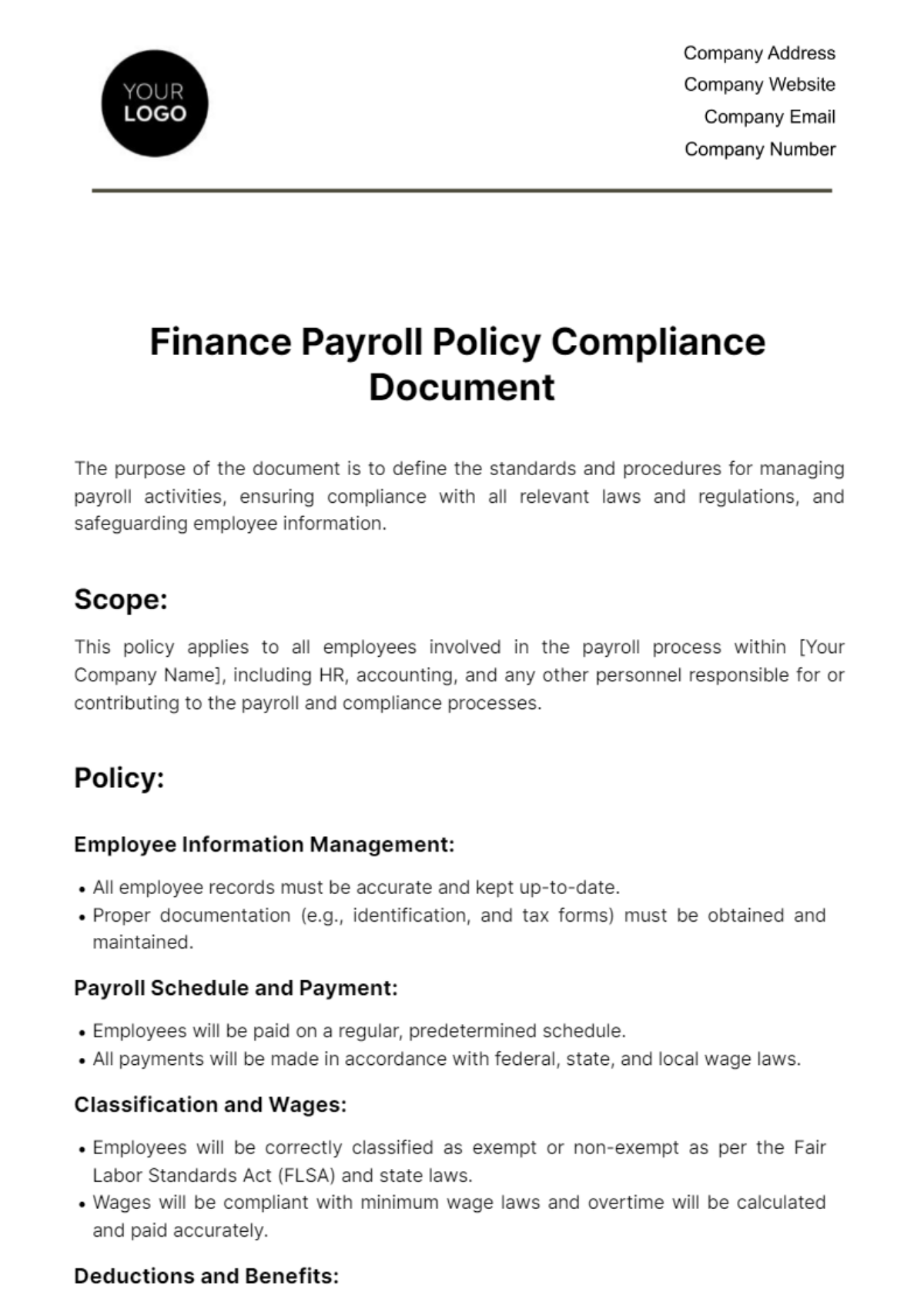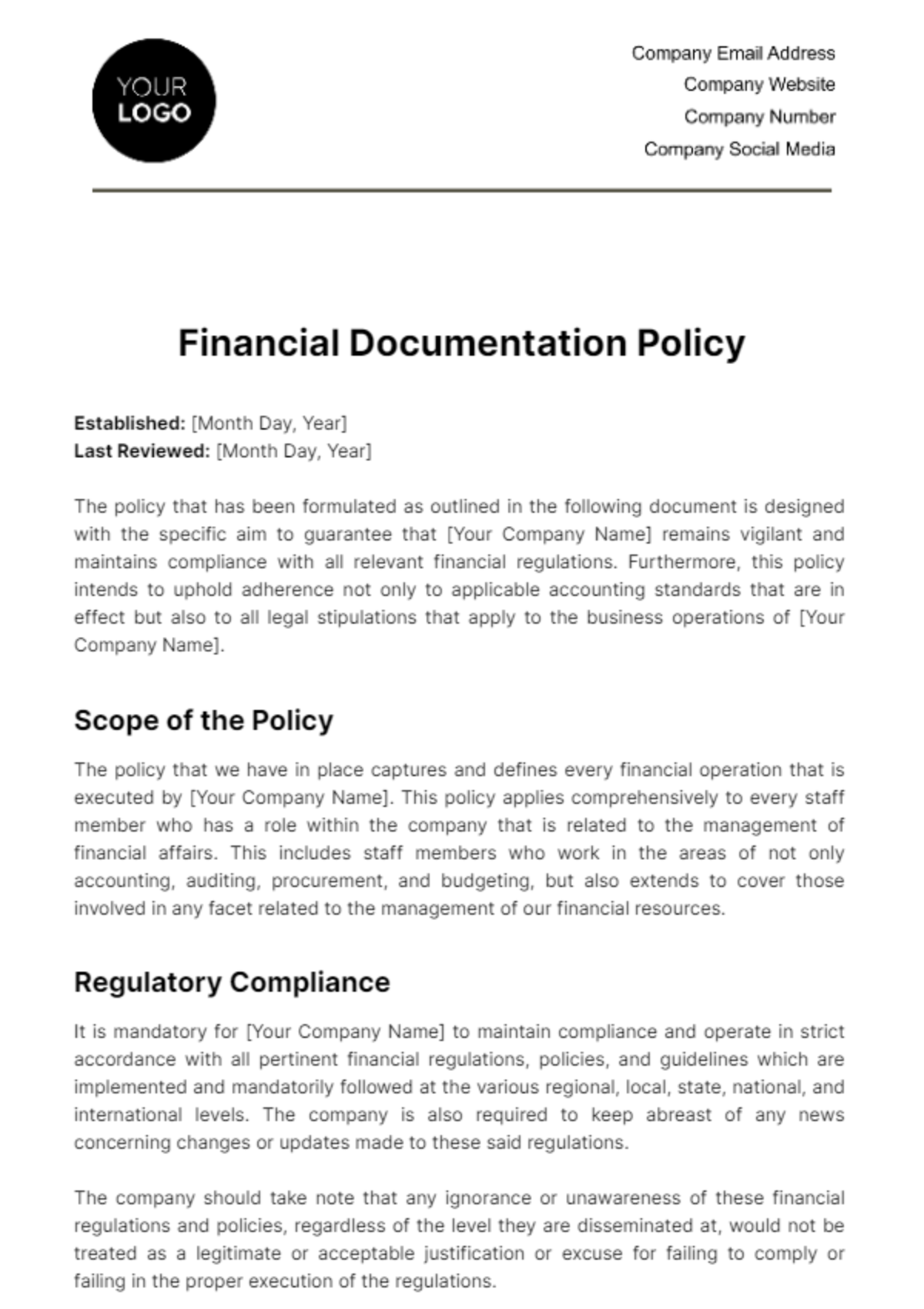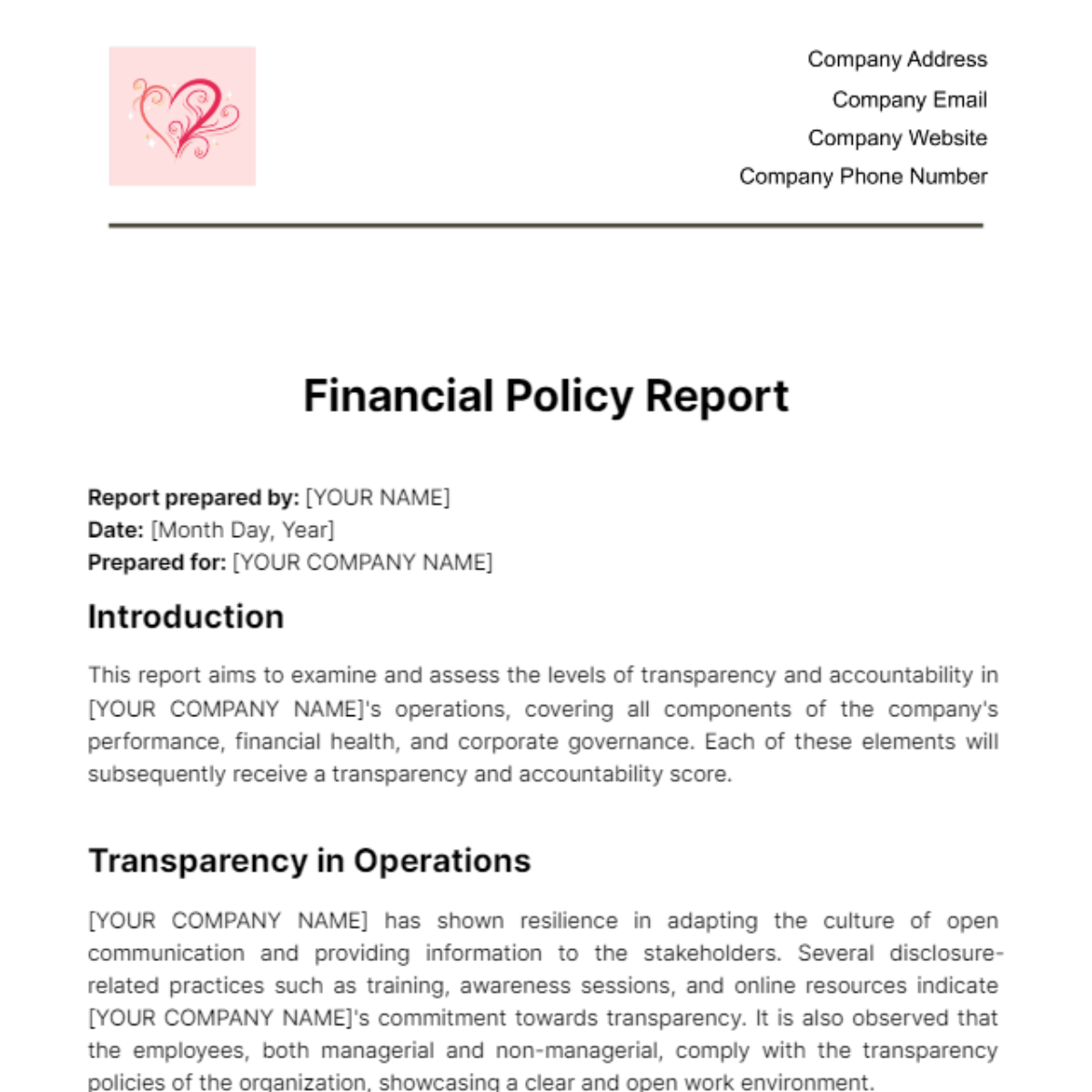ACCOUNTS TRANSACTION POLICY
Effective Date: [Month Day, Year]
1. Policy Statement
The purpose of this policy is to define and standardize the processes and principles governing the management and control of transactional operations related to accounts within [Your Company Name]. It encompasses, but is not limited to, the process of Accounts Payable and Receivable. The policy is designed to ensure that all financial transactions are executed in compliance with established best practices and adhere to pertinent regulatory mandates.
2. Scope
This policy is applicable to all personnel employed at [Your Company Name] who are engaged in any aspect of the organization's financial dealings and transactional activities. It is mandatory for these employees to adhere to the stipulated guidelines and procedures, thereby ensuring consistency and regulatory compliance in the organization's financial operations.
3. Policy Provisions
3.1. Accounts Payable
The Accounts Payable section mandates the timely settlement of all liabilities owed by [Your Company Name] to its vendors, strictly within the terms agreed upon in each respective contract. This practice is critical for maintaining the company's credibility and fostering long-term trust with suppliers. Prompt payment also serves as a strategic measure to avoid incurring late fees or penalties, thereby safeguarding the company's financial health and reputation.
3.2. Accounts Receivable
The Accounts Receivable policy emphasizes the imperative of diligently collecting all revenues owed to [Your Company Name]. This includes the enforcement of agreed-upon credit terms and active engagement in the pursuit of due payments. The primary objective is to minimize the incidence of overdue accounts and mitigate the risk of accumulating bad debts. Consistent and rigorous efforts should be employed in monitoring receivables, promptly addressing delays in payments, and implementing effective collection strategies.
4. Responsibility
4.1. Comprehension and Adherence
All individuals employed in the financial operations sector of [Your Company Name] are required to have a thorough understanding of this policy. It is their responsibility to not only comprehend but also rigorously adhere to its stipulations.
4.2. Accurate Execution
Personnel must execute all financial tasks and transactions with utmost accuracy, ensuring precision in every financial operation.
4.3. Timeliness
The timely completion of financial duties is imperative. Delays in processes such as payments or collections can have significant repercussions on the company's financial standing.
5. Violations
5.1. Mandatory Compliance
Non-compliance with this policy is considered a serious offense and will be met with strict disciplinary measures.
5.2. Severity of Consequences
Depending on the nature and severity of the violation, disciplinary actions can range from formal warnings to the ultimate penalty of termination of employment.
5.3. Reporting Protocol
Employees are obligated to promptly report any concerns or breaches of this policy to the management. This step is crucial for maintaining financial integrity and transparency within the organization.
5.4. Investigative Process
Upon the reporting of a violation, a thorough investigation will be conducted to ascertain the facts and determine the appropriate course of action.
6. Review and Amendments
This policy is subject to regular assessments to ascertain its effectiveness and applicability in the current business environment. Such reviews are essential in maintaining the policy's relevance and efficacy. In response to internal organizational shifts or external regulatory updates, the policy may require amendments. These changes will be made to ensure the policy continues to align with best practices and legal requirements.
7. Document Control
The most current version of this policy will be securely stored in the company's internal system, ensuring easy accessibility for all relevant personnel. The policy document will be protected under stringent security protocols within the internal system to prevent unauthorized access, ensuring the confidentiality and integrity of the policy.





